
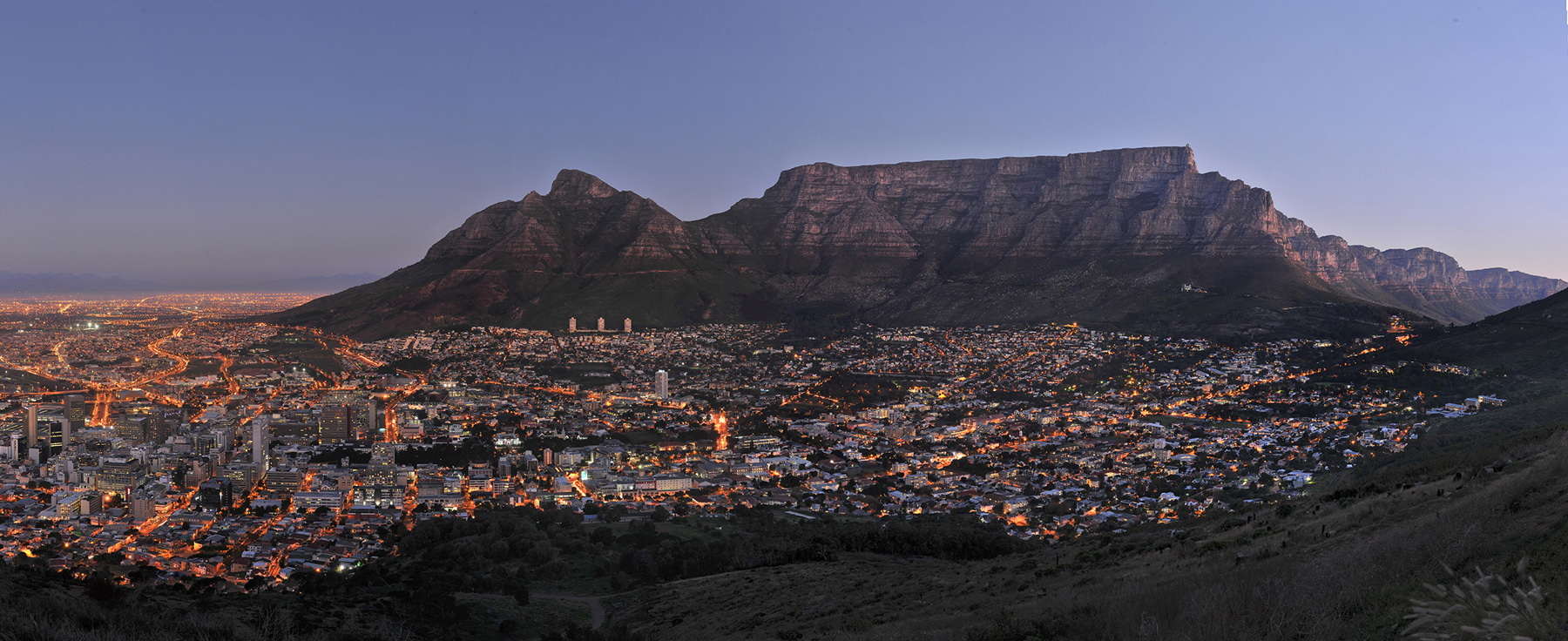
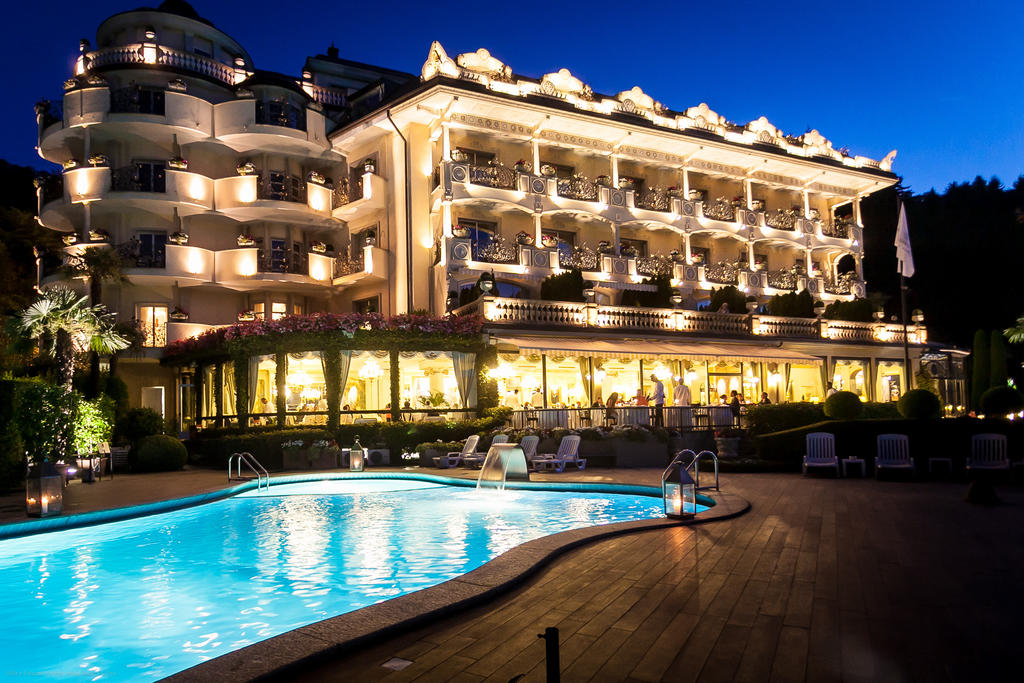
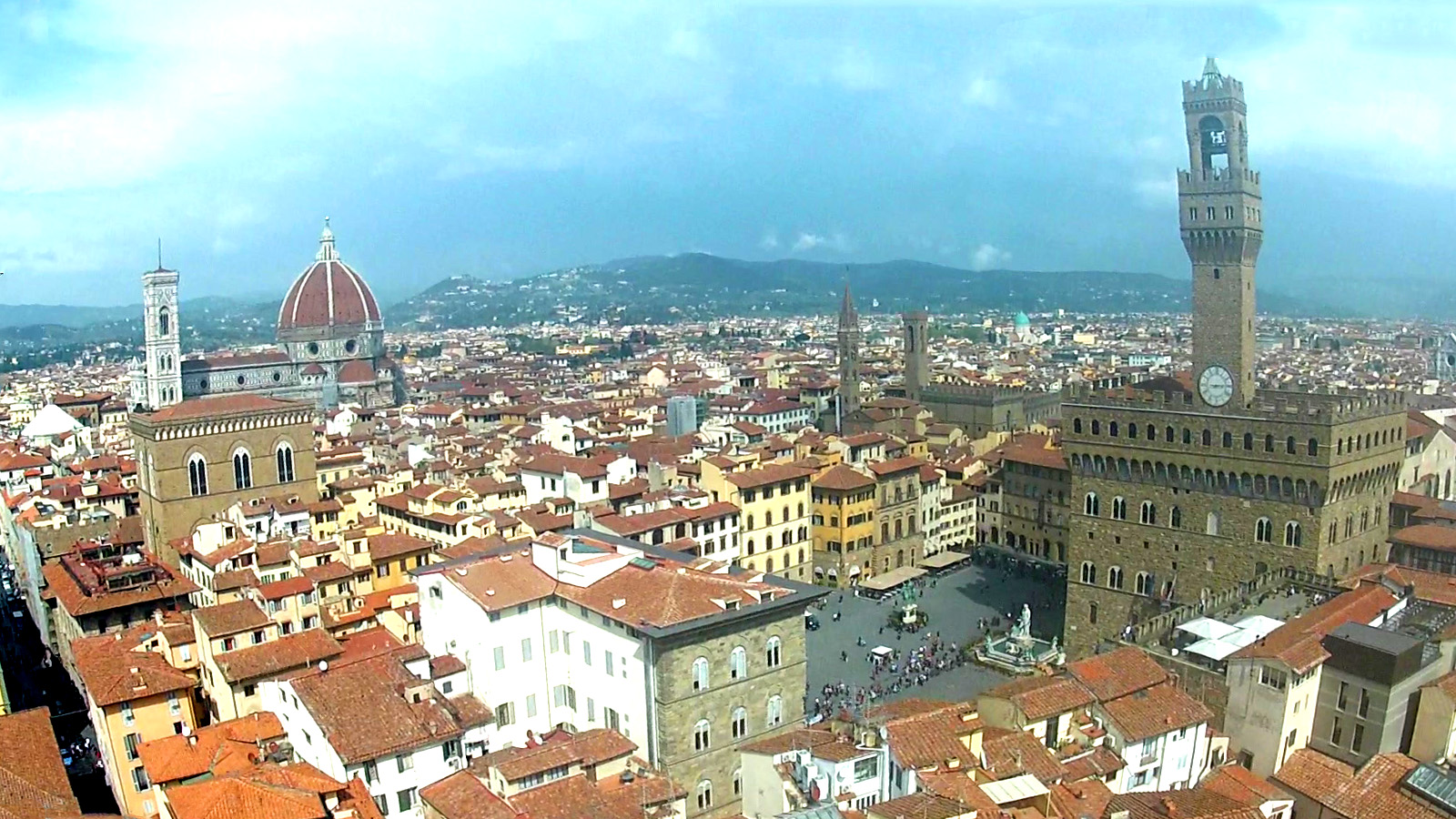

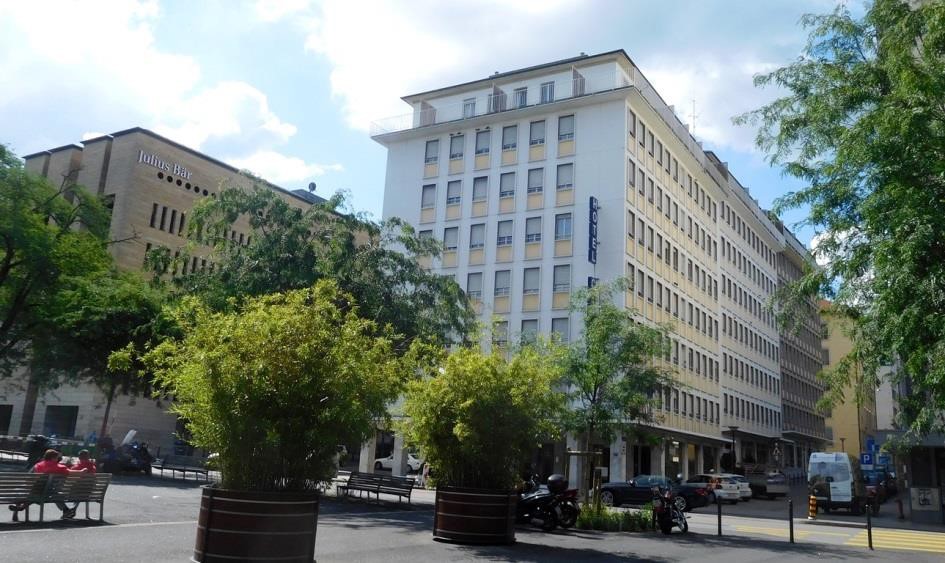
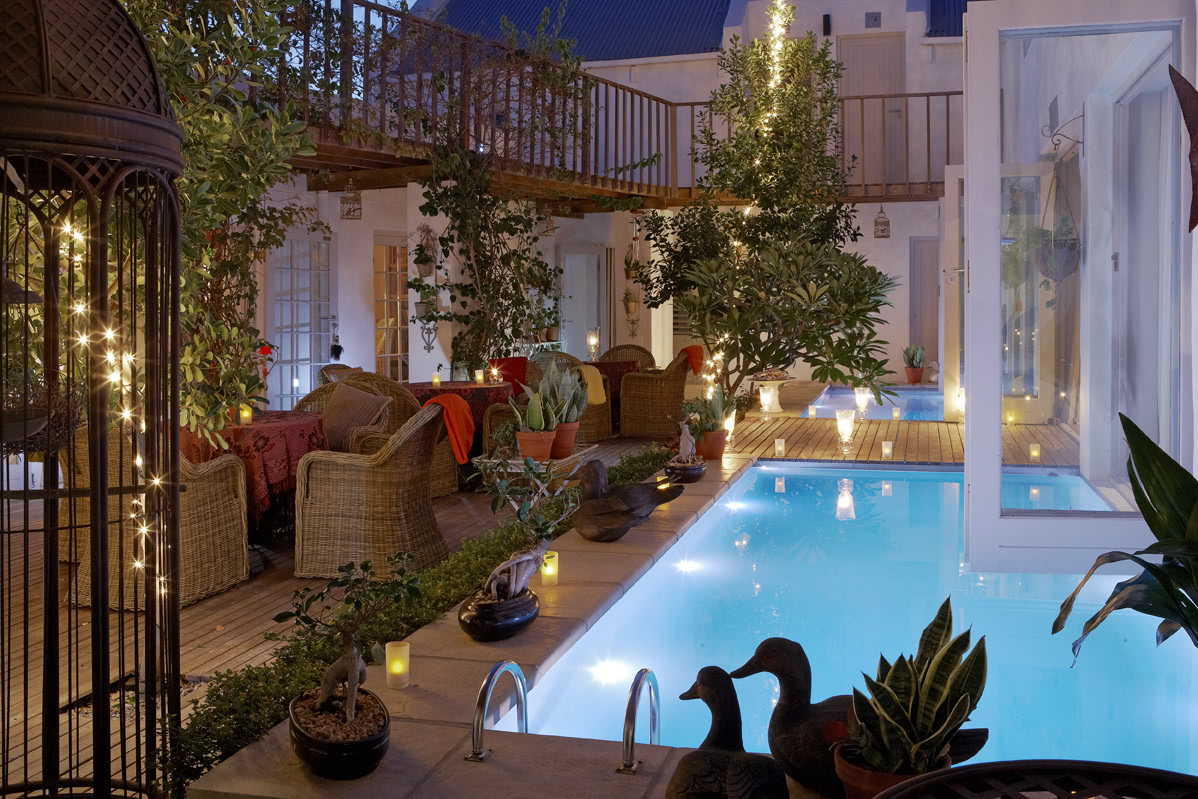
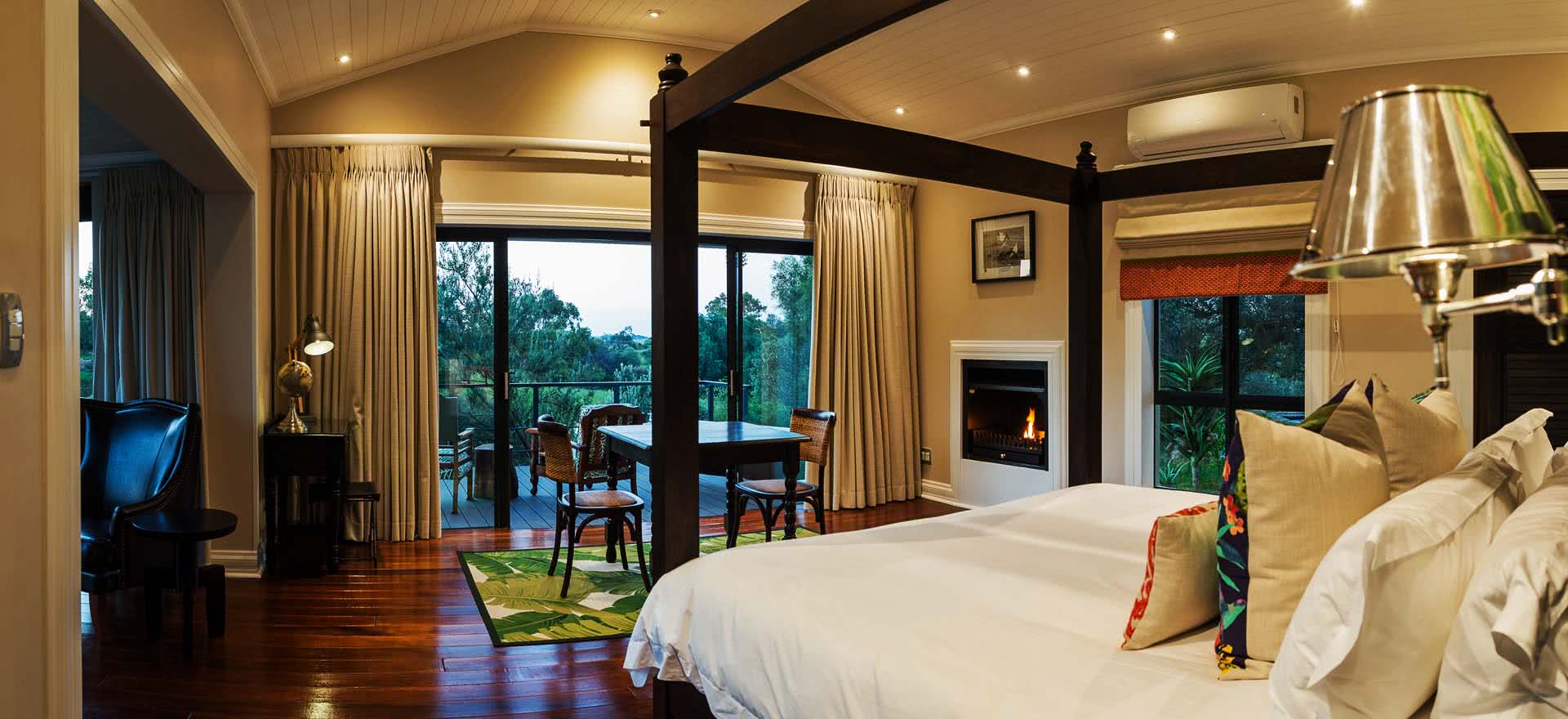
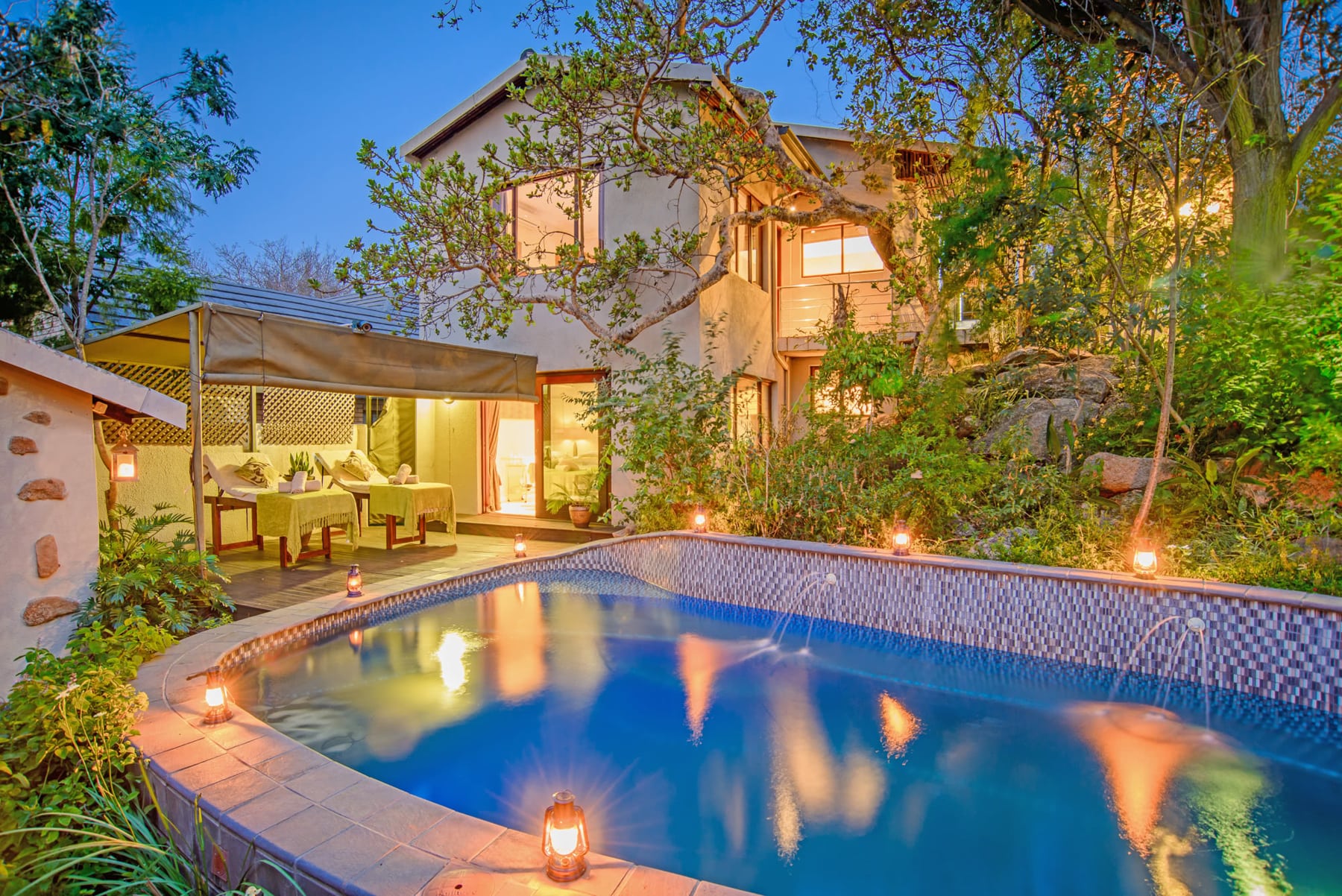

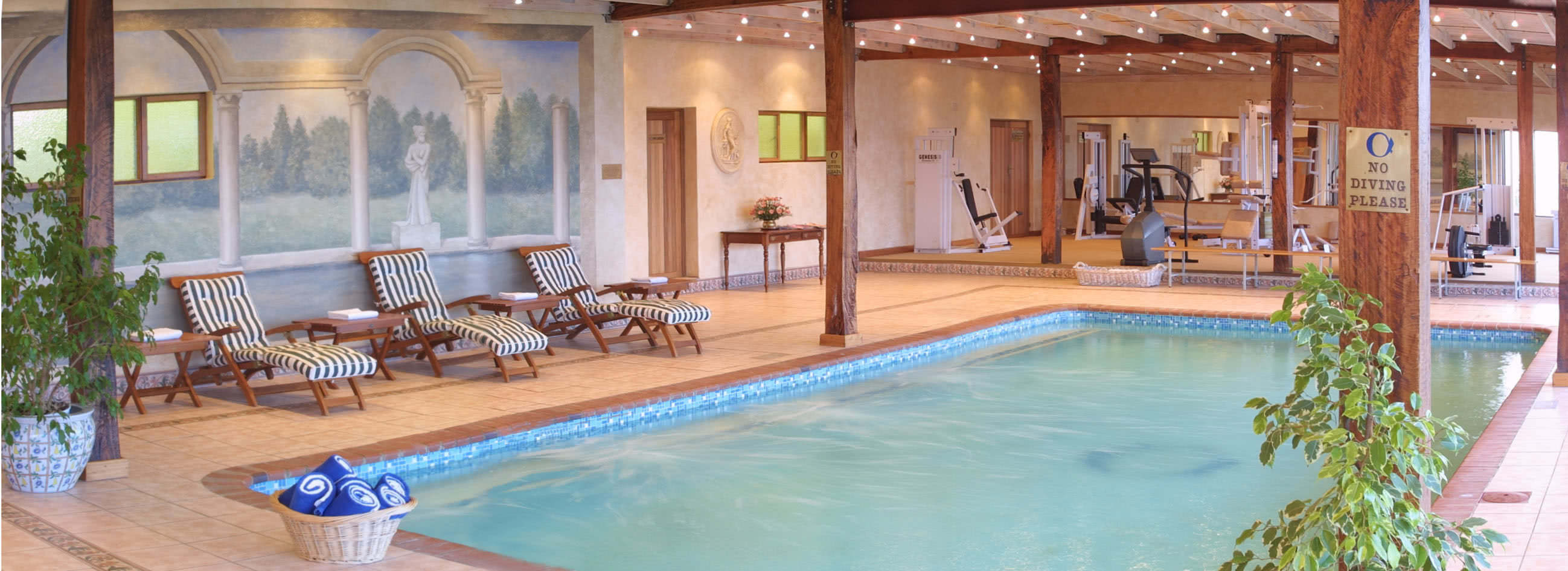
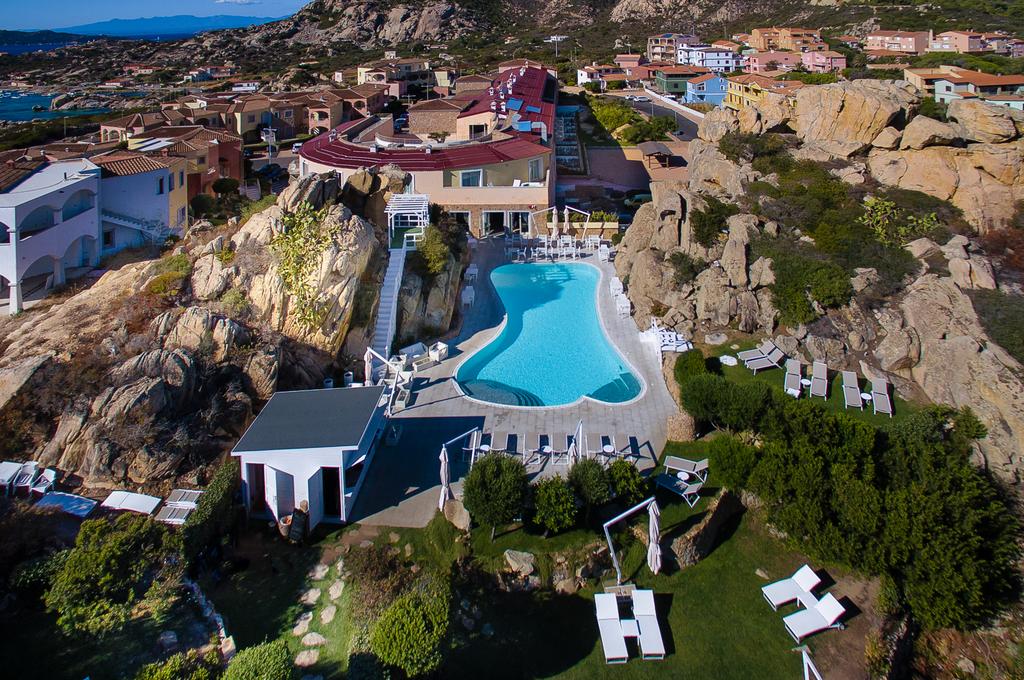
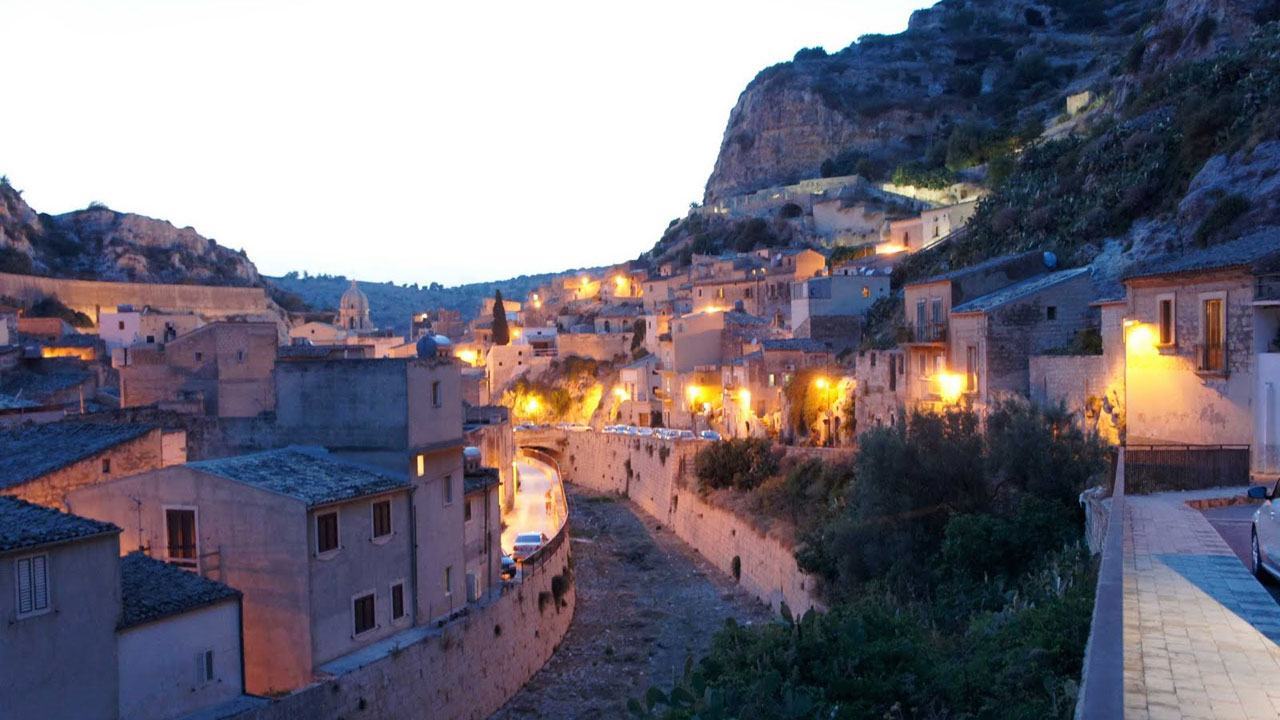
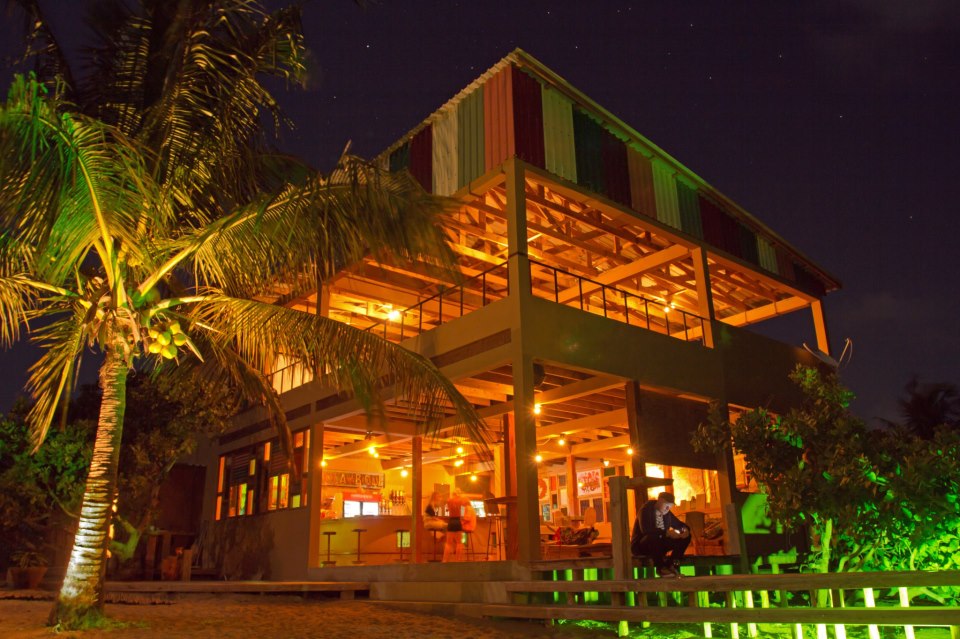
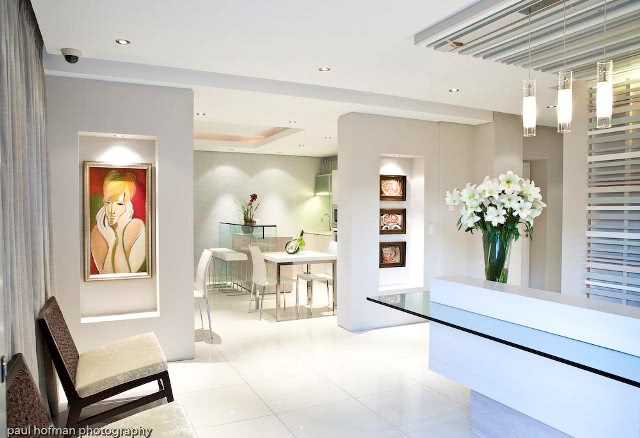
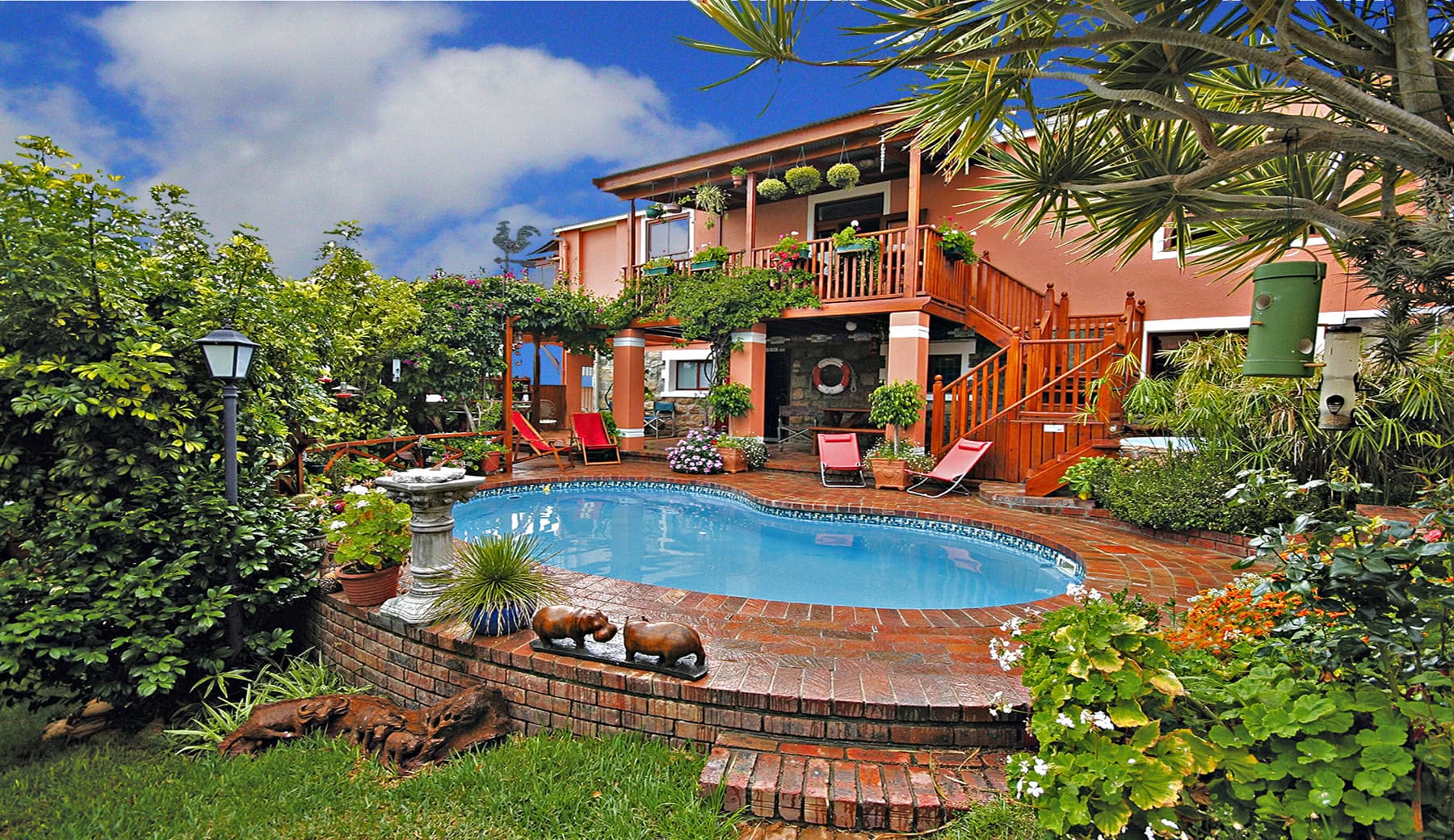
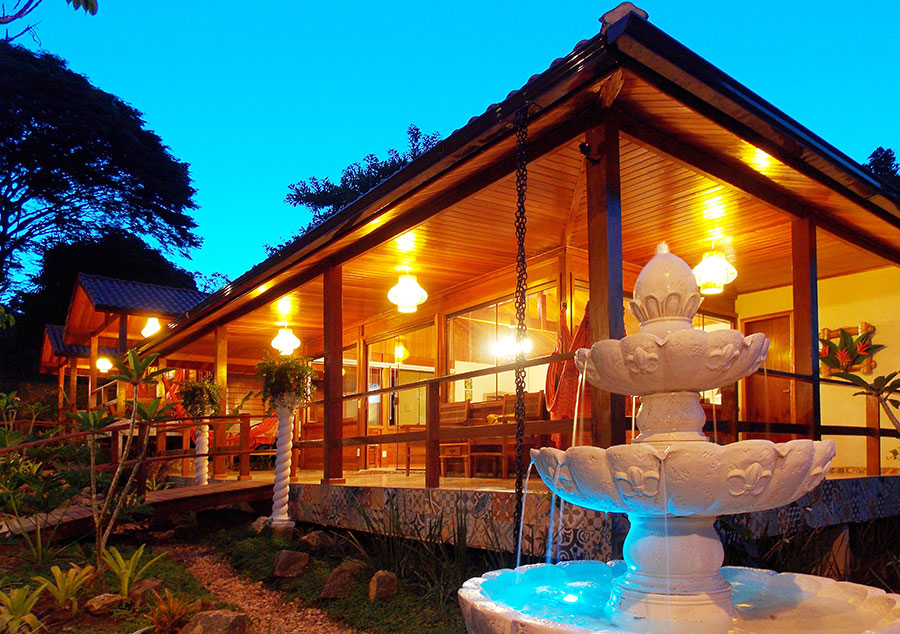
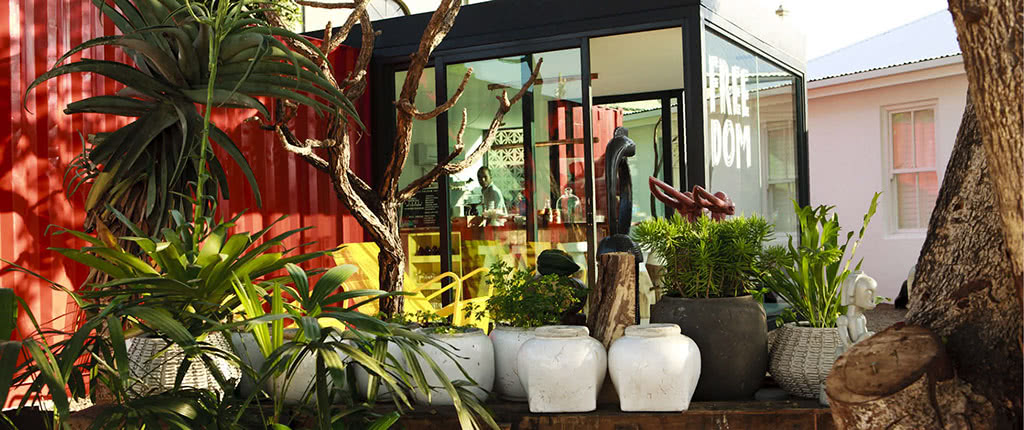
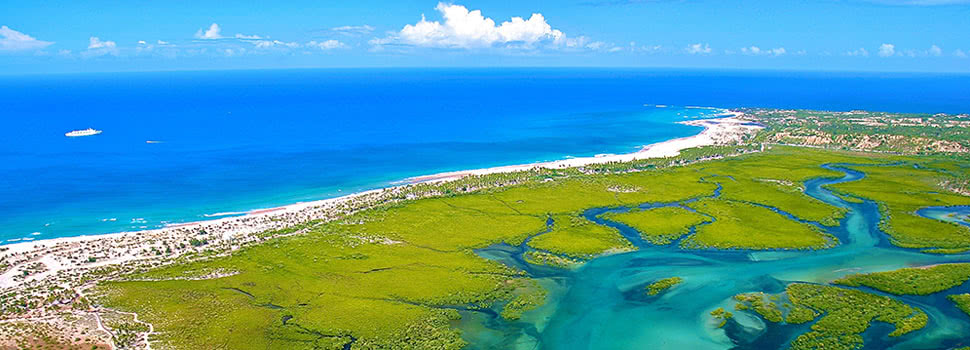
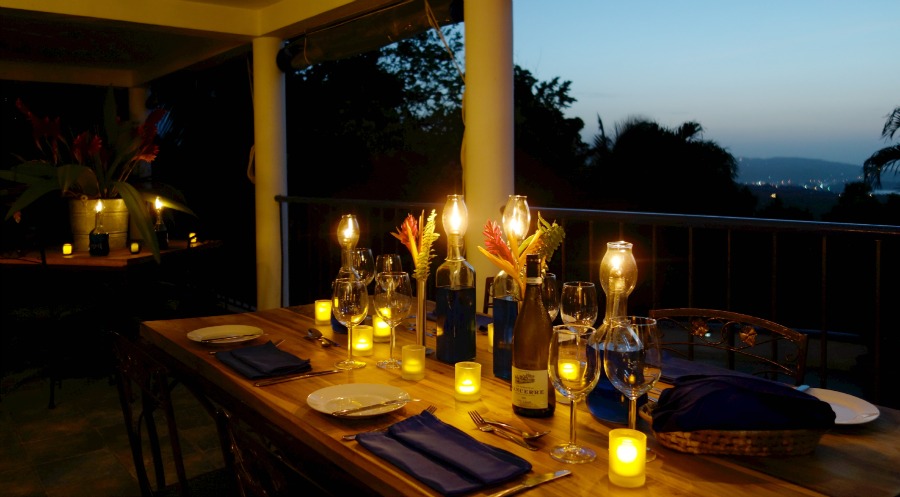
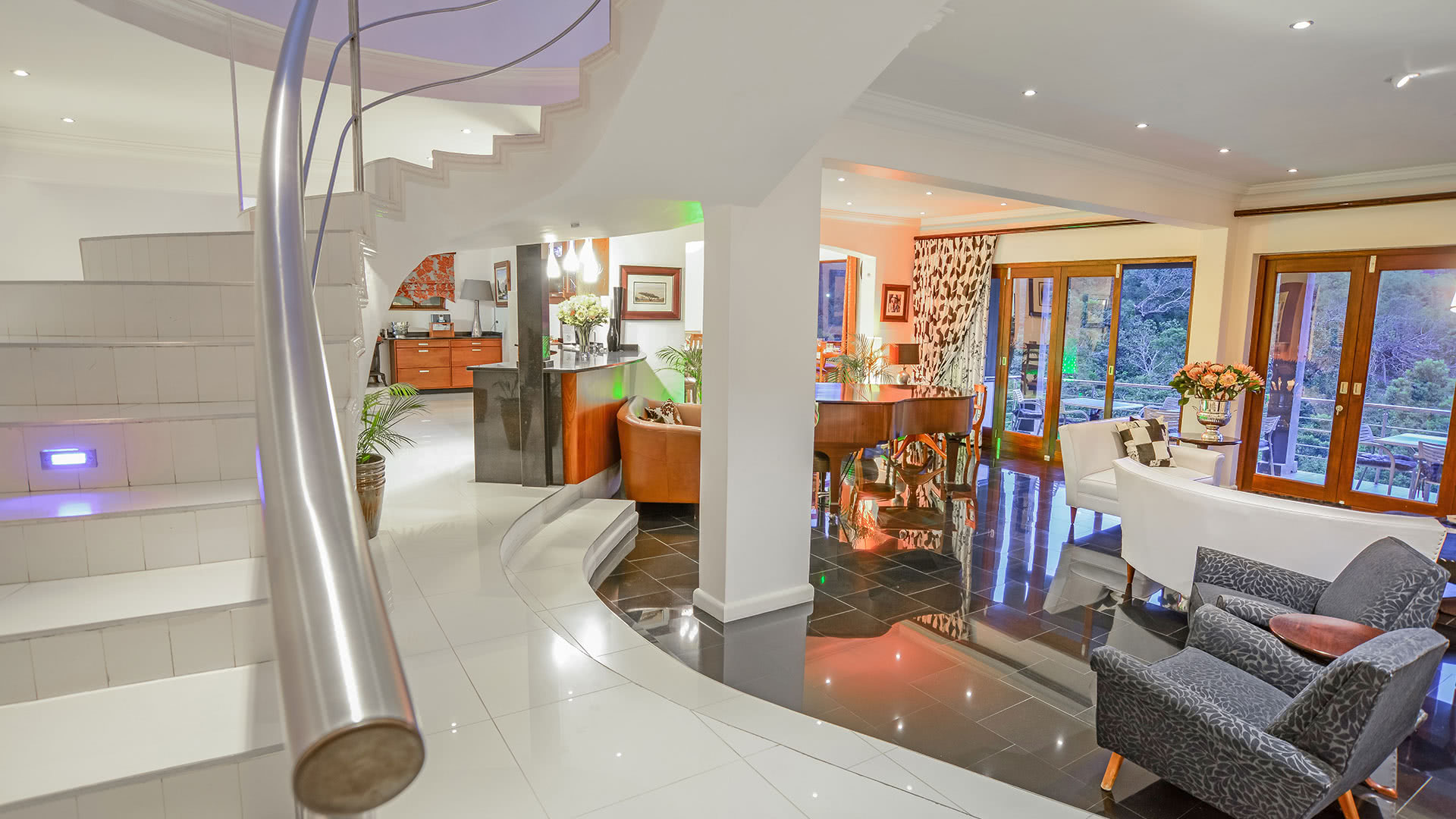
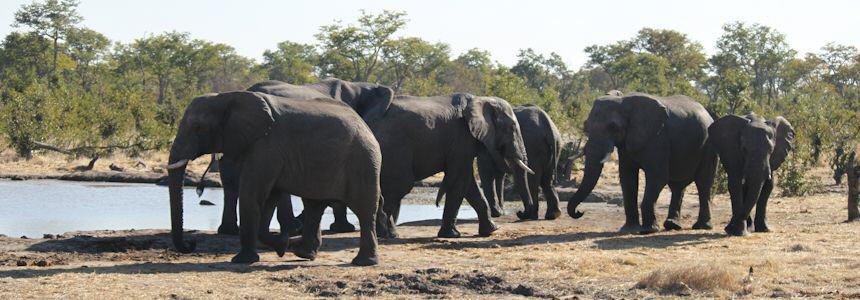
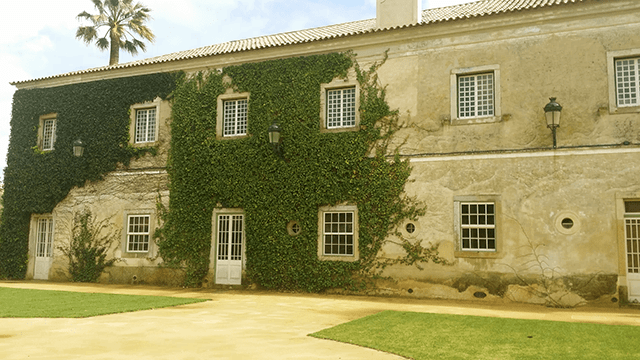
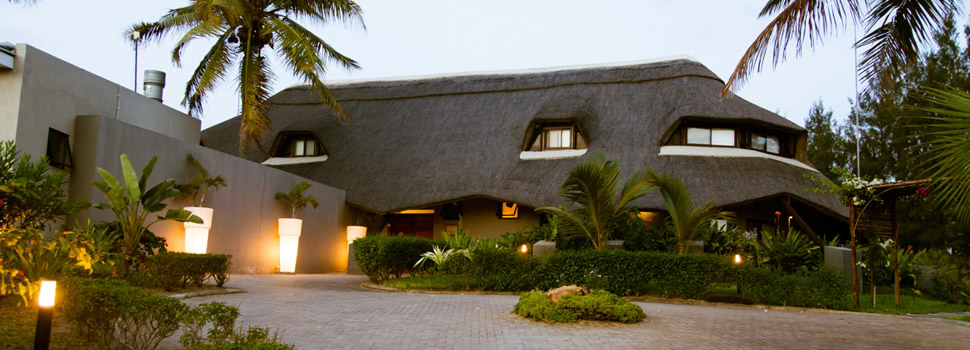
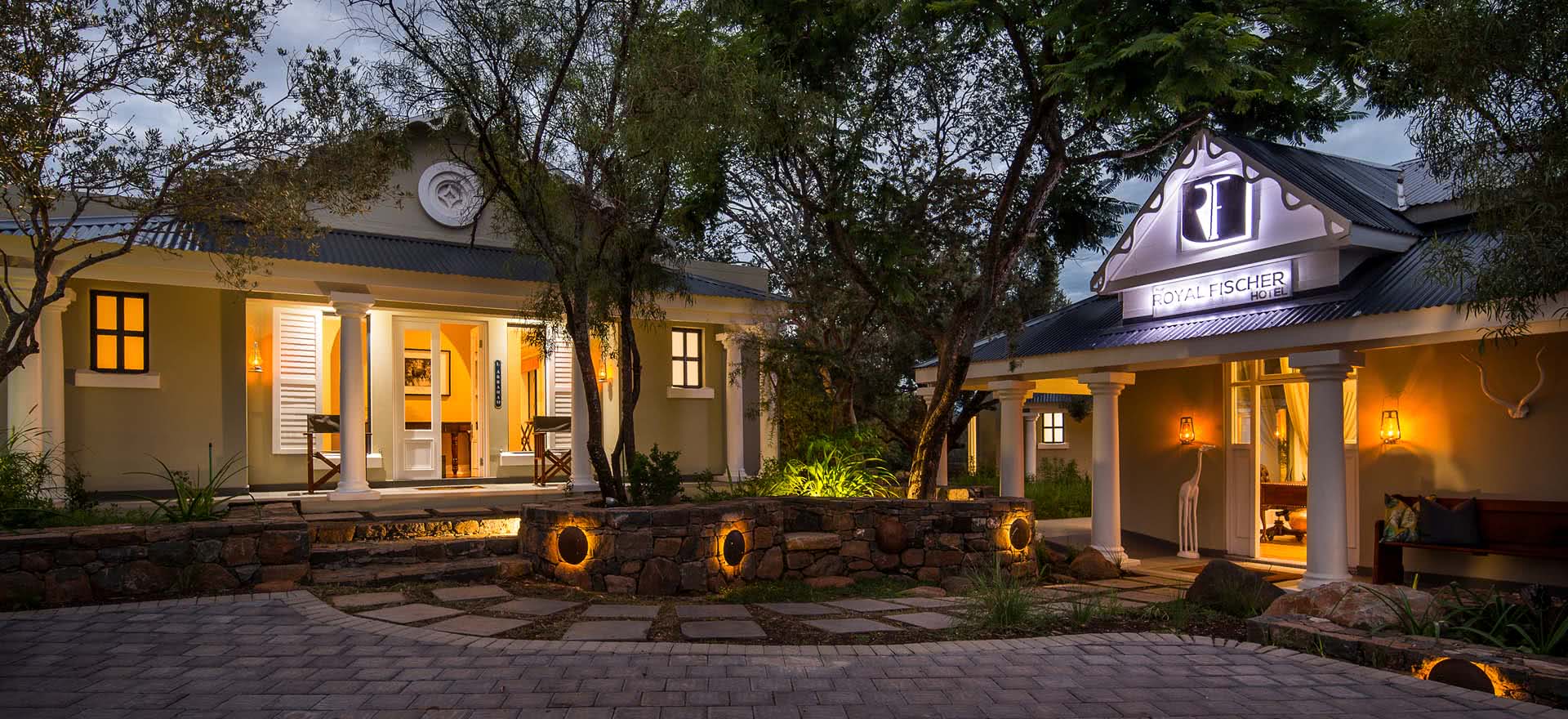
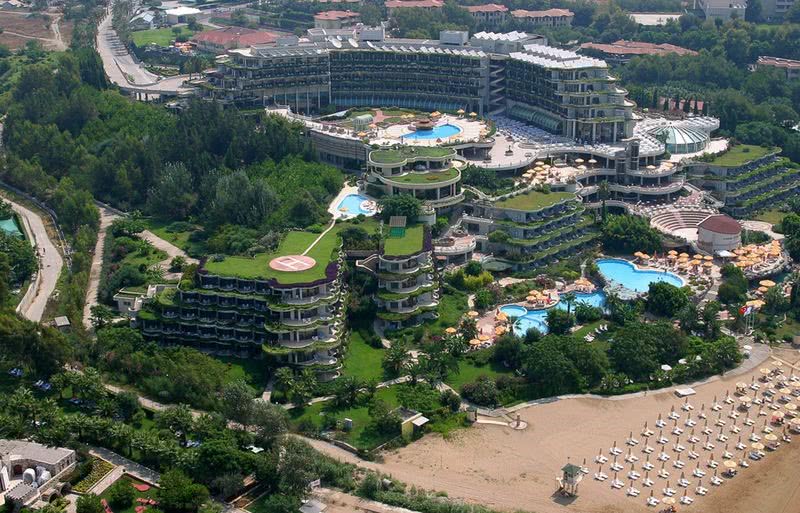
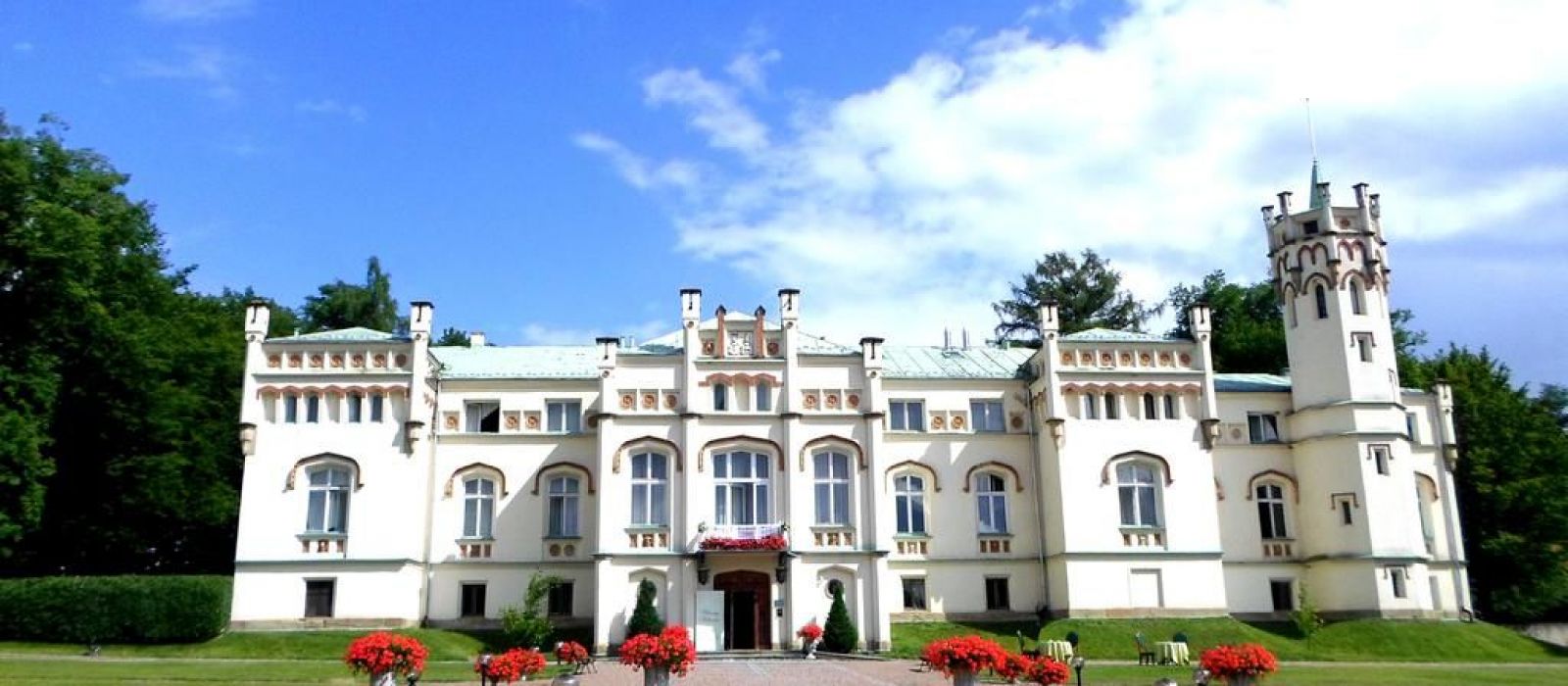
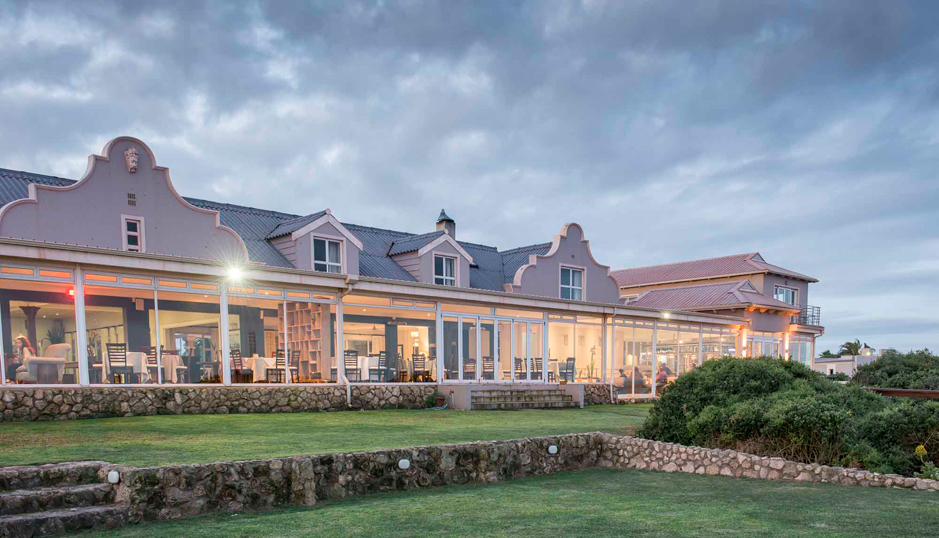
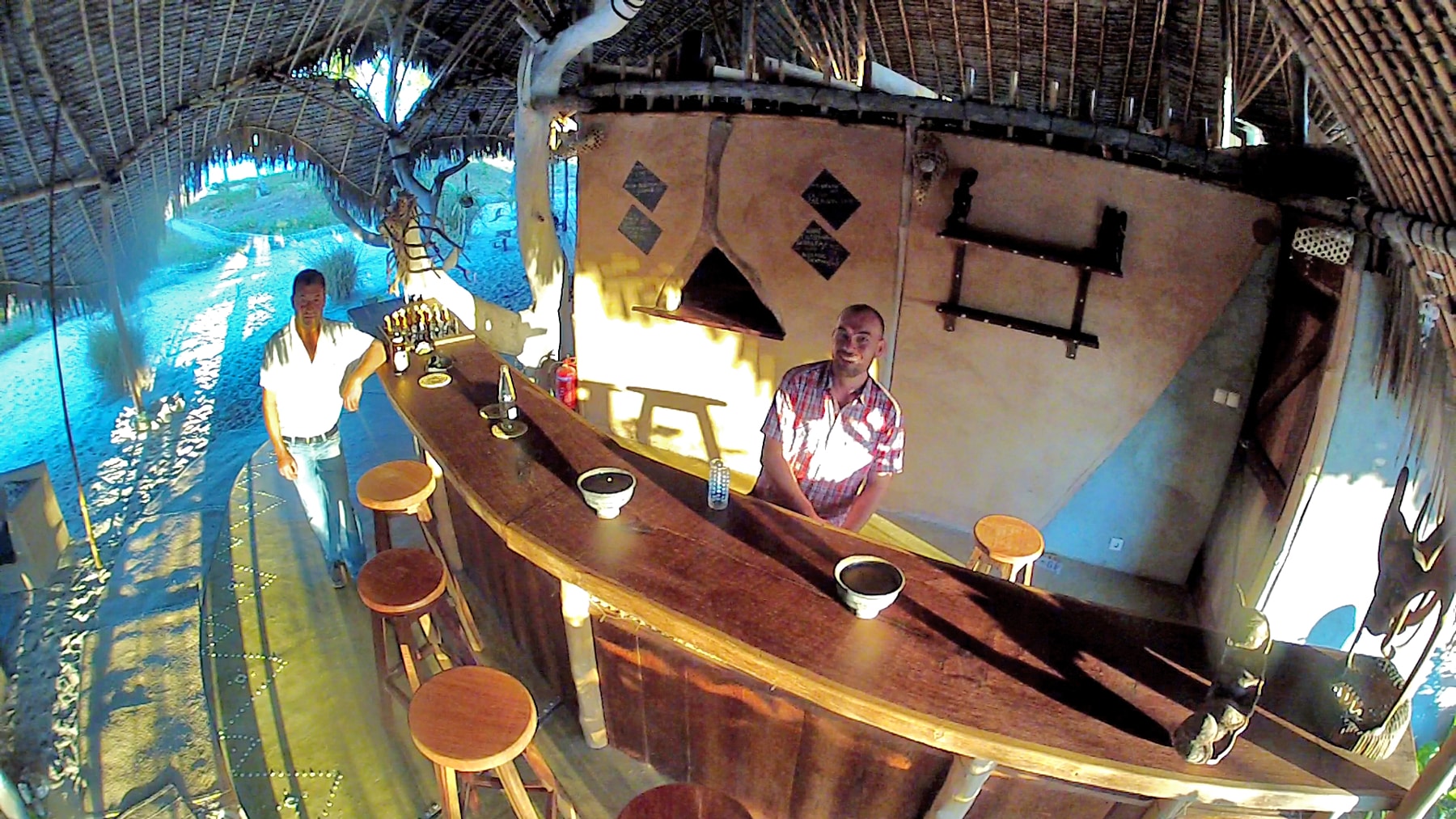
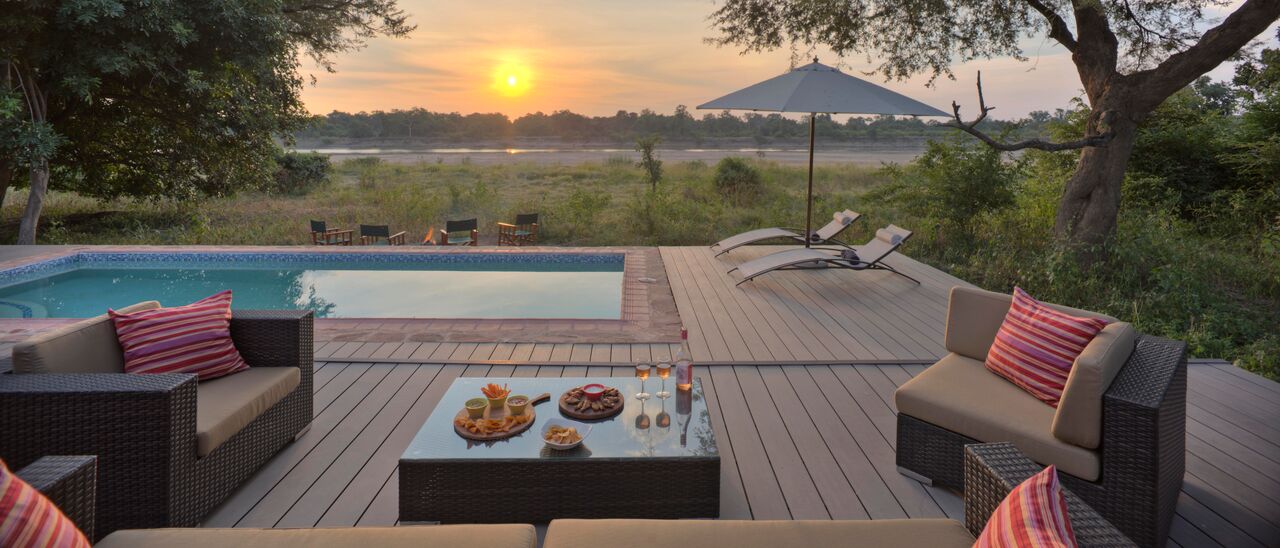
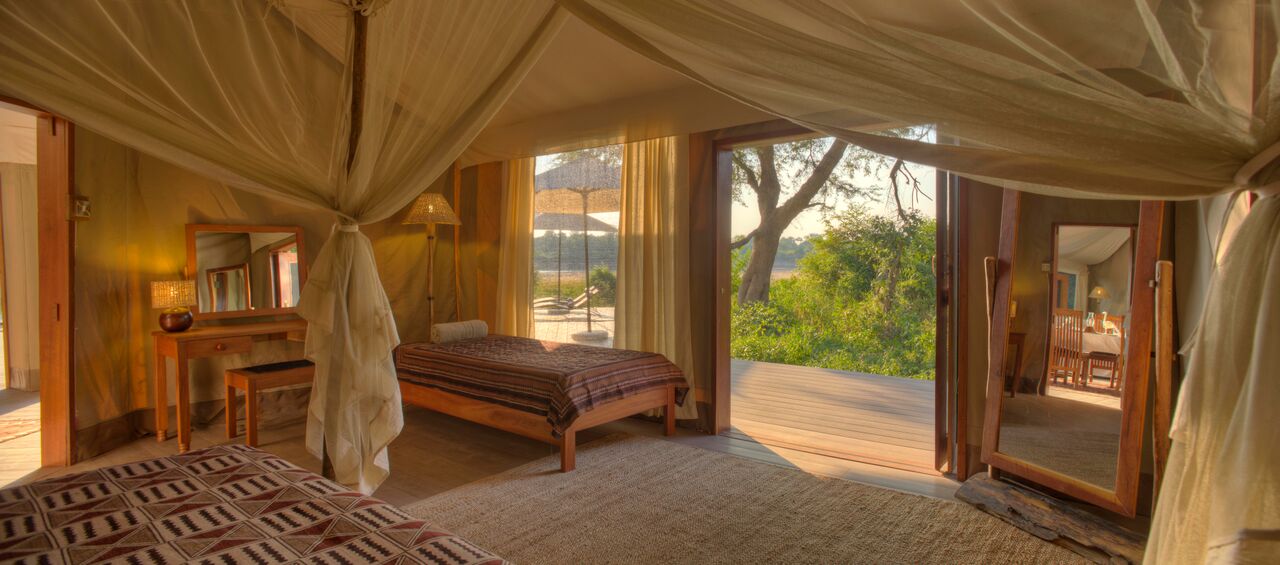
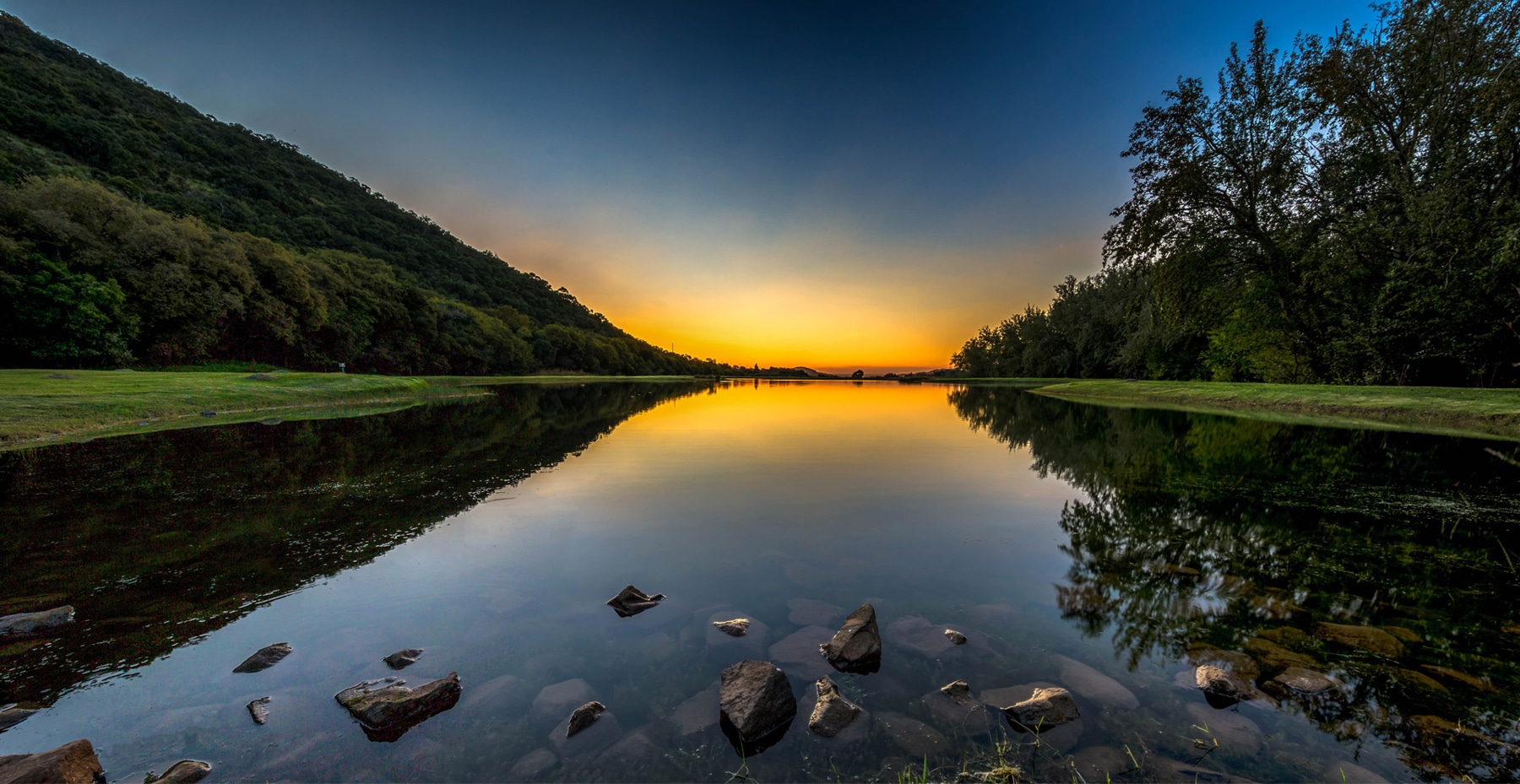
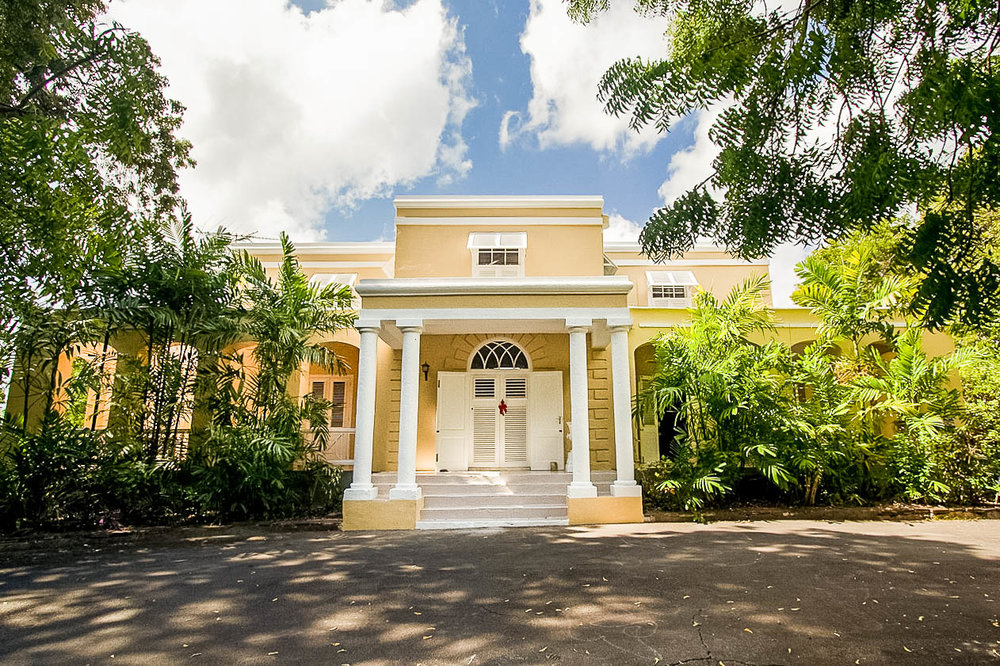
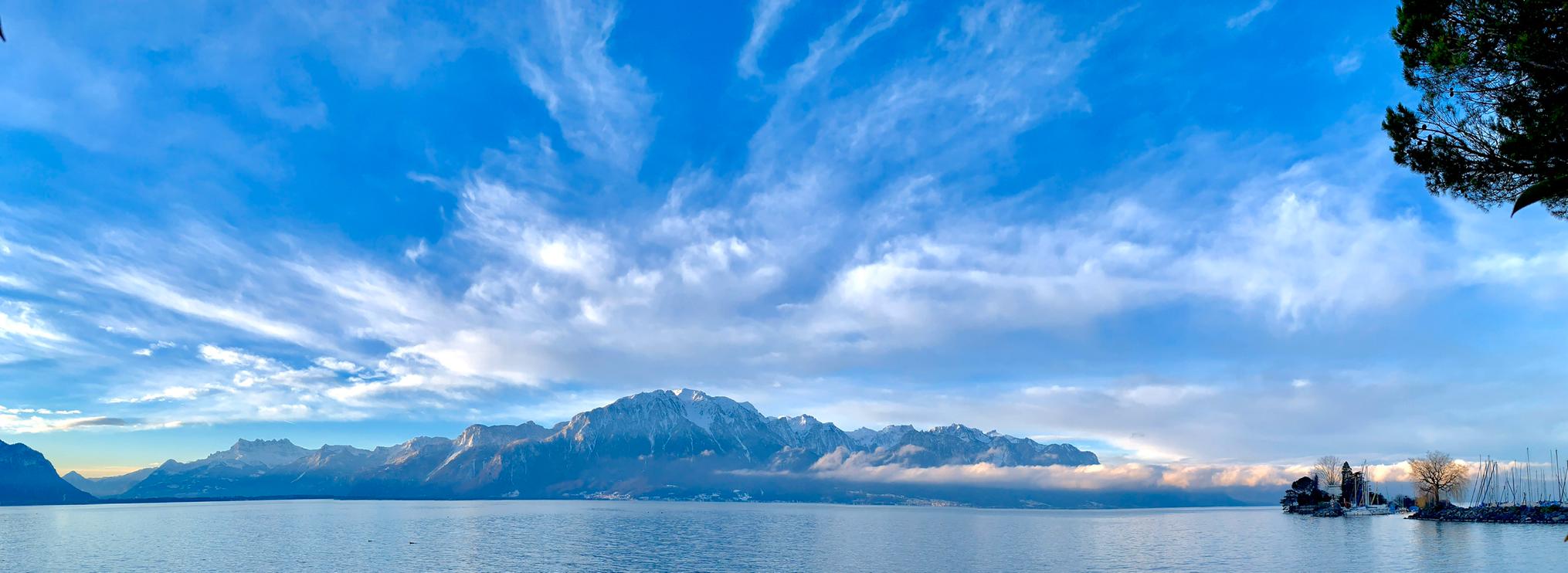
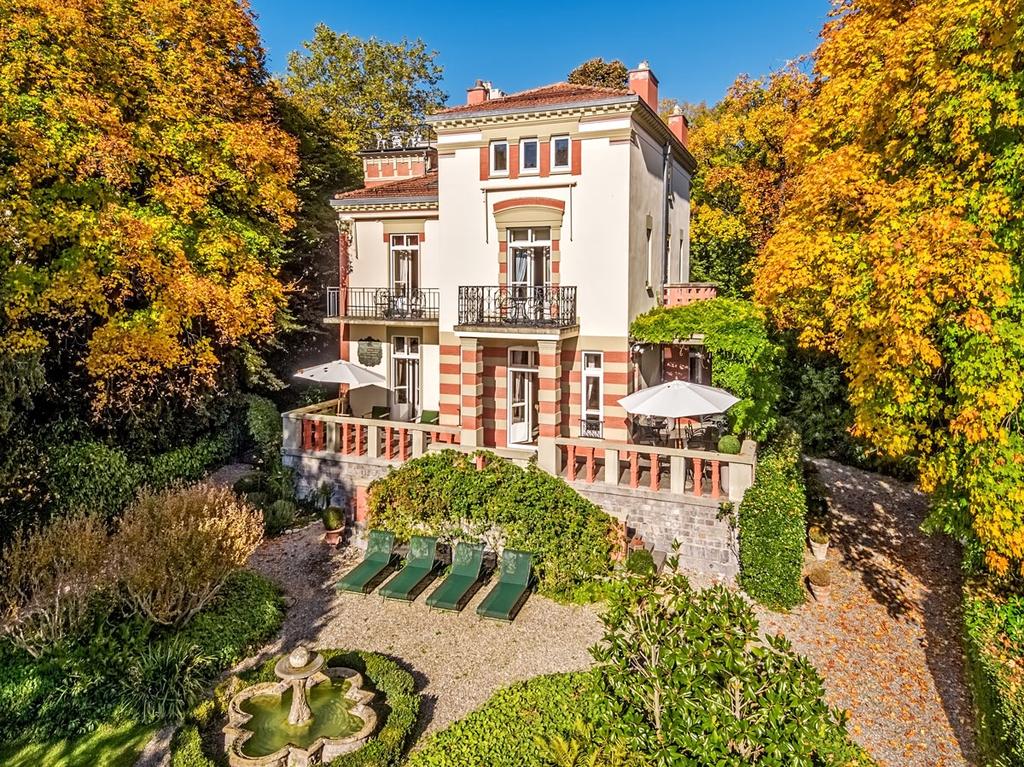
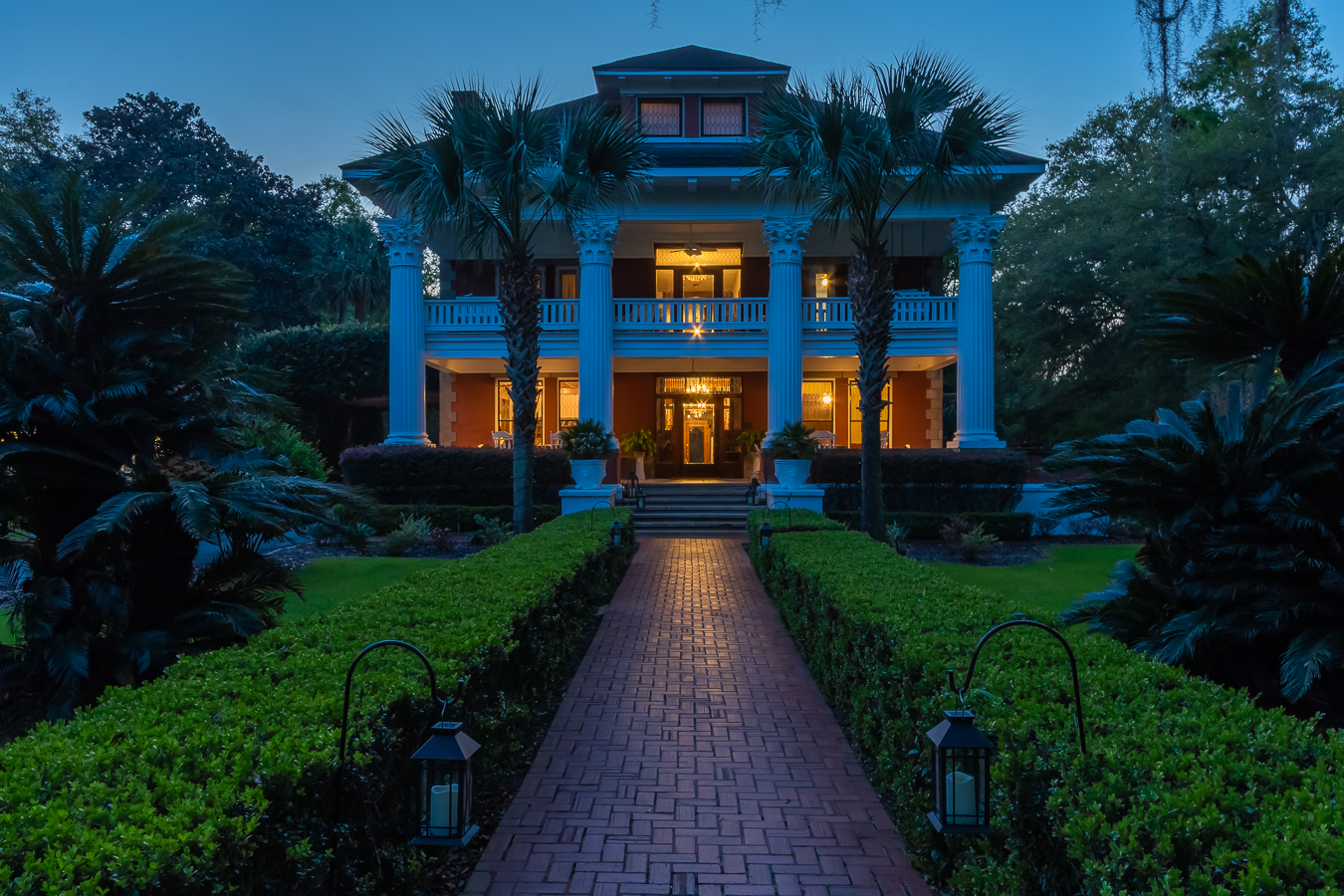
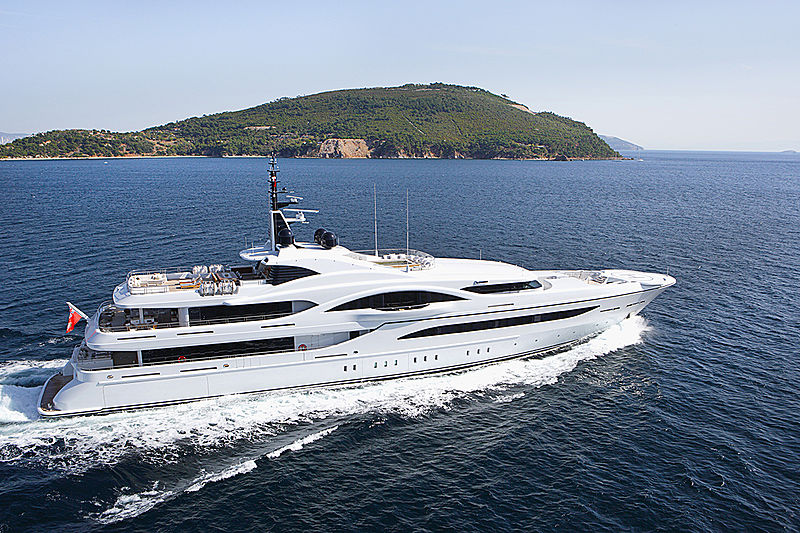
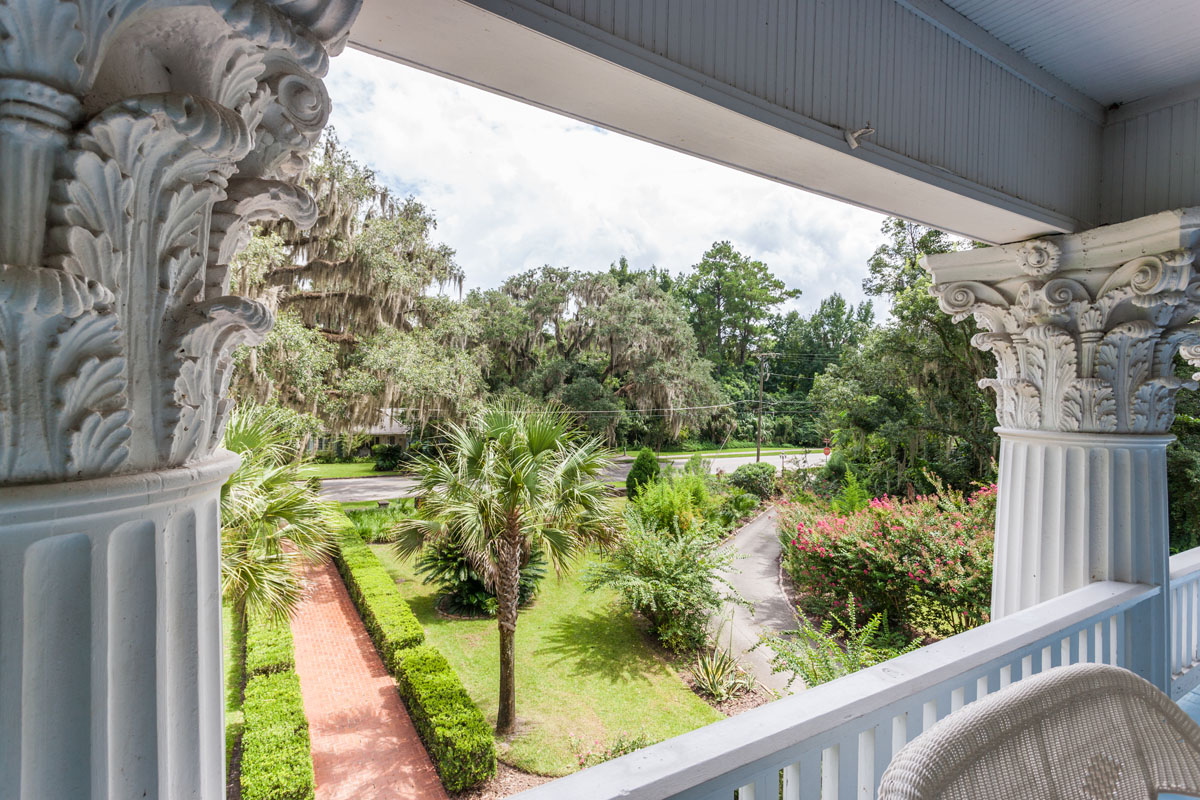
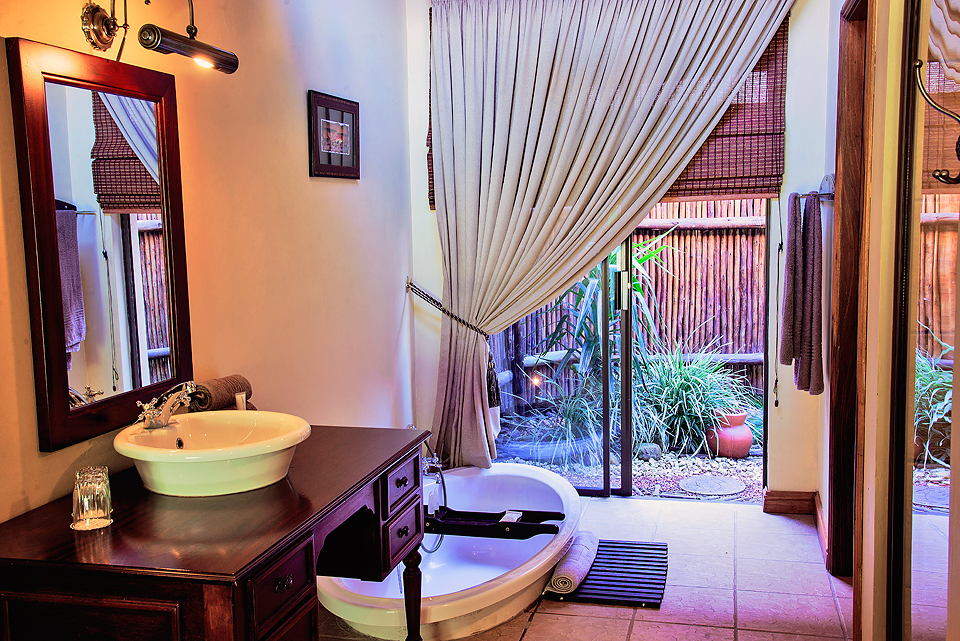
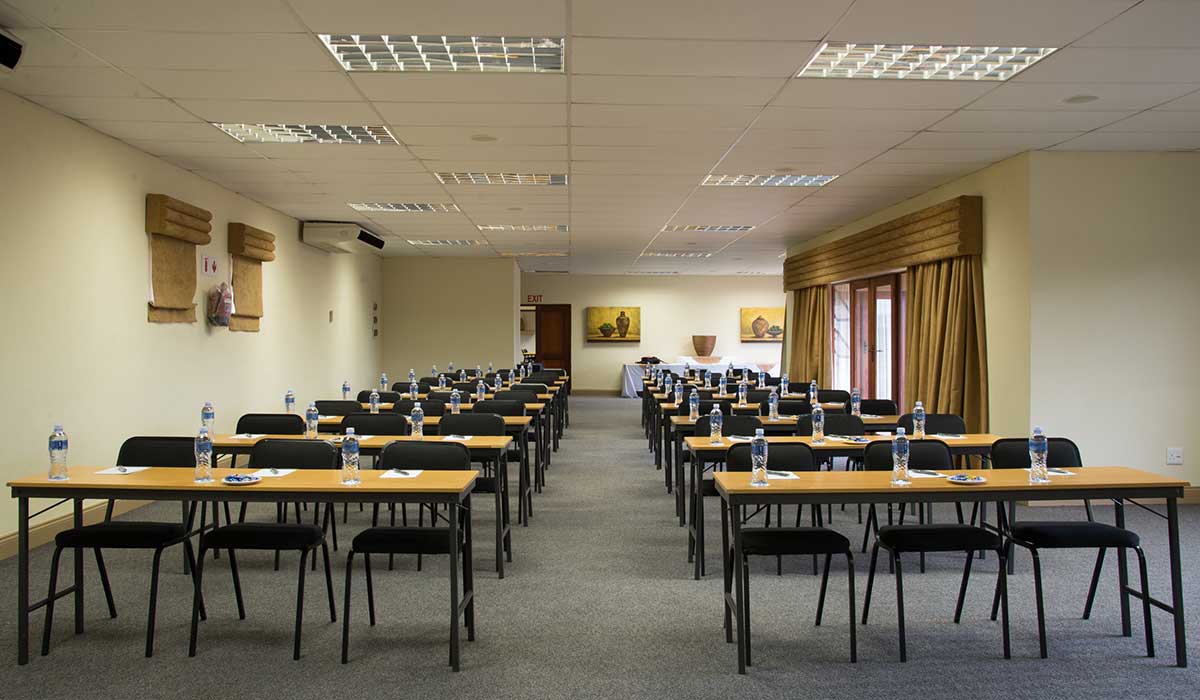
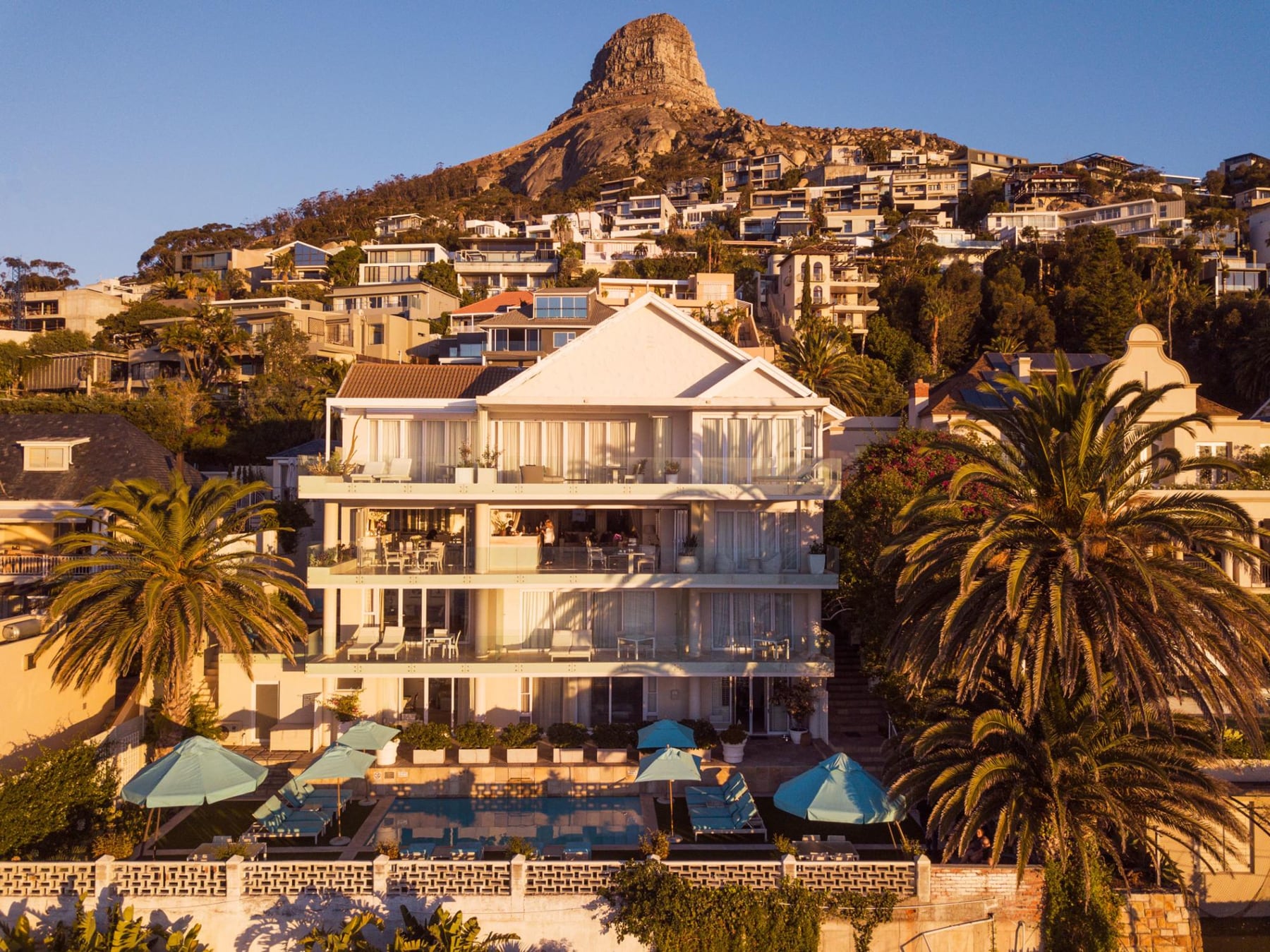
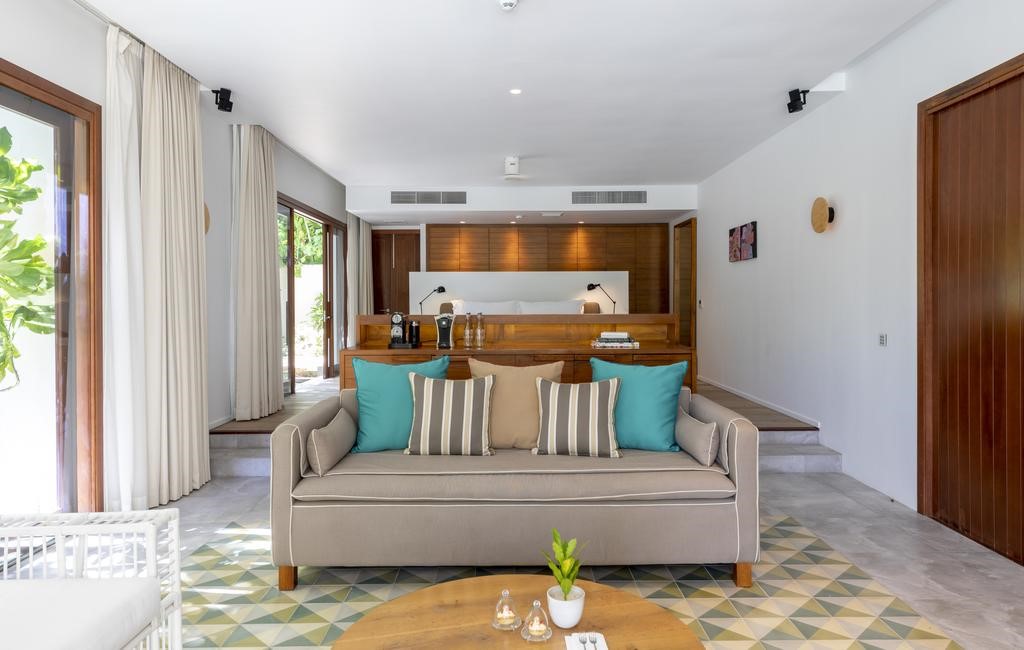
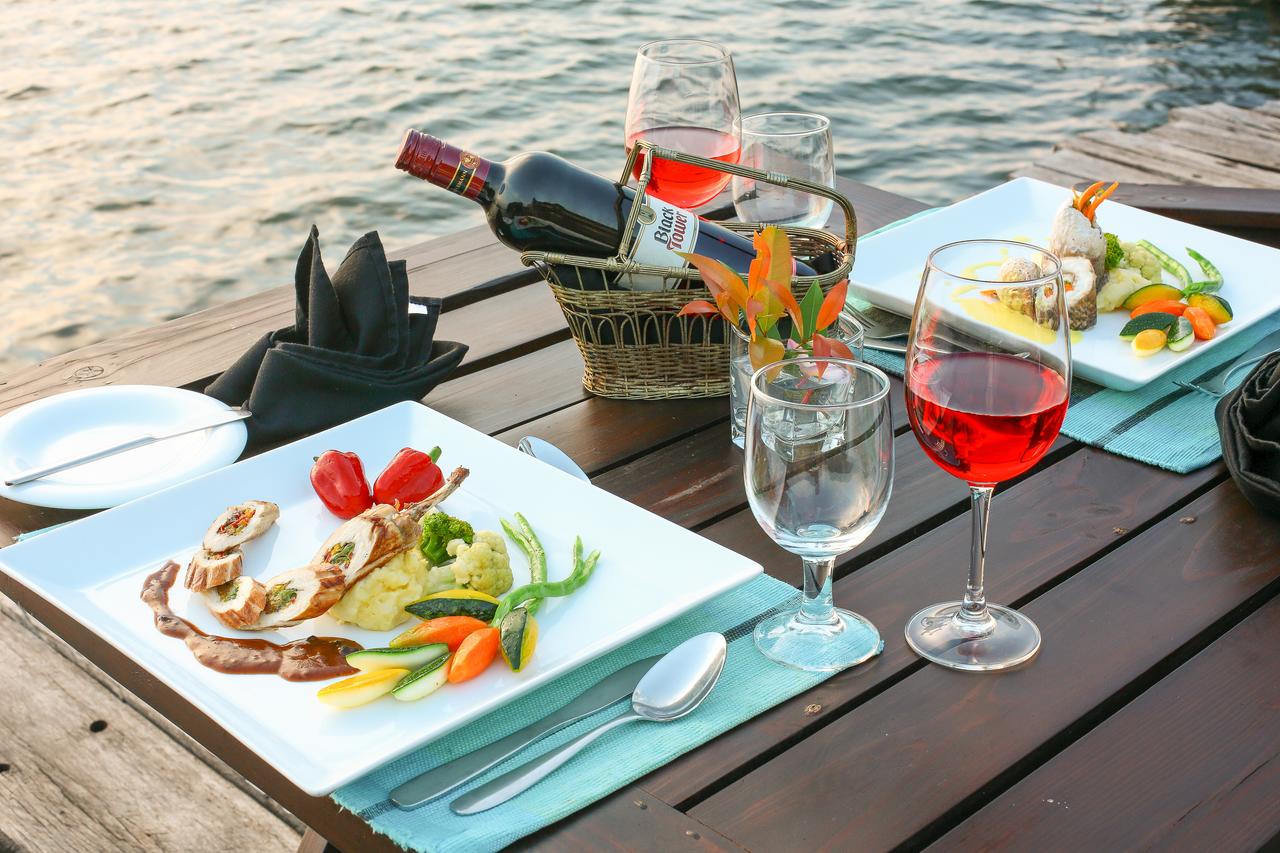
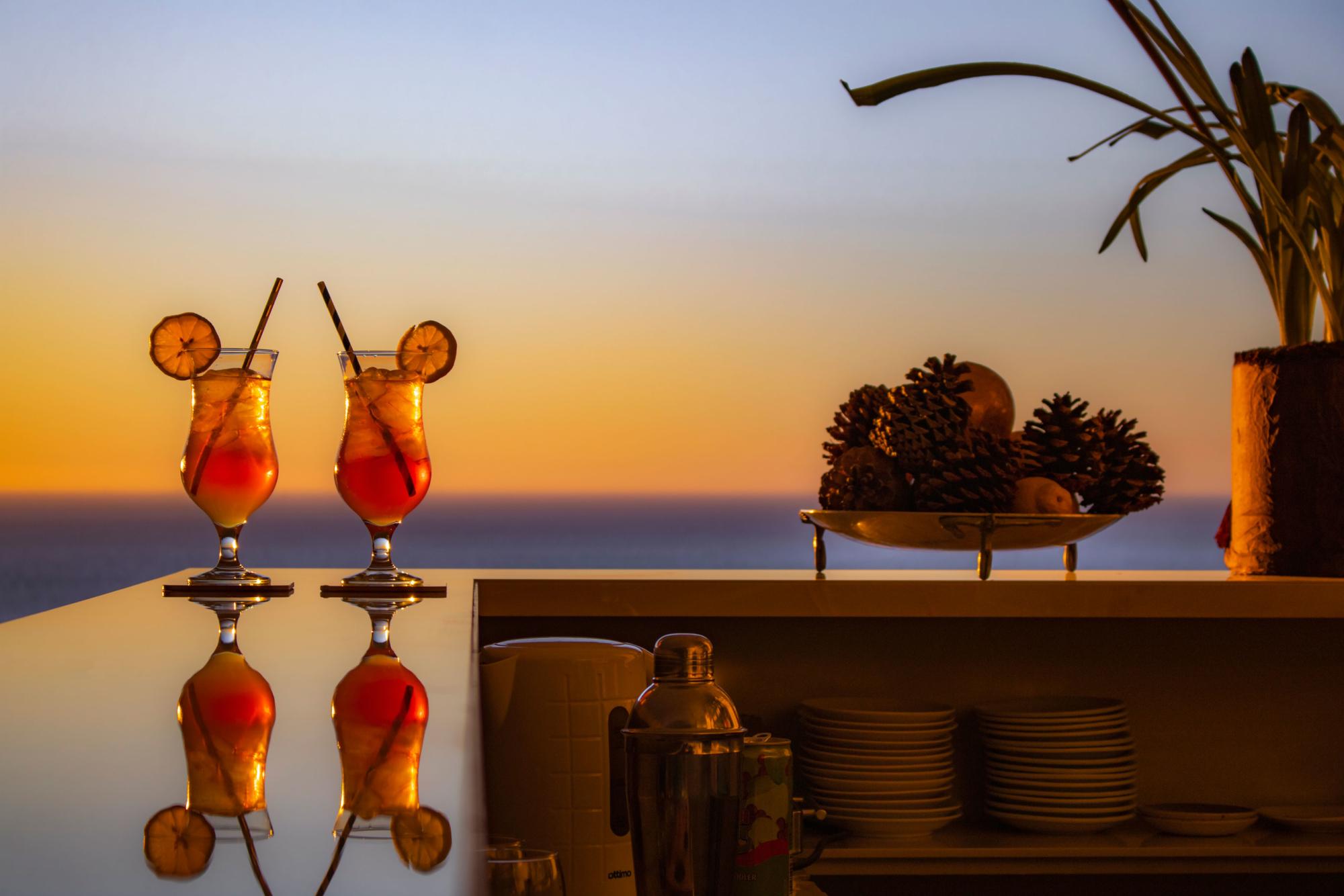
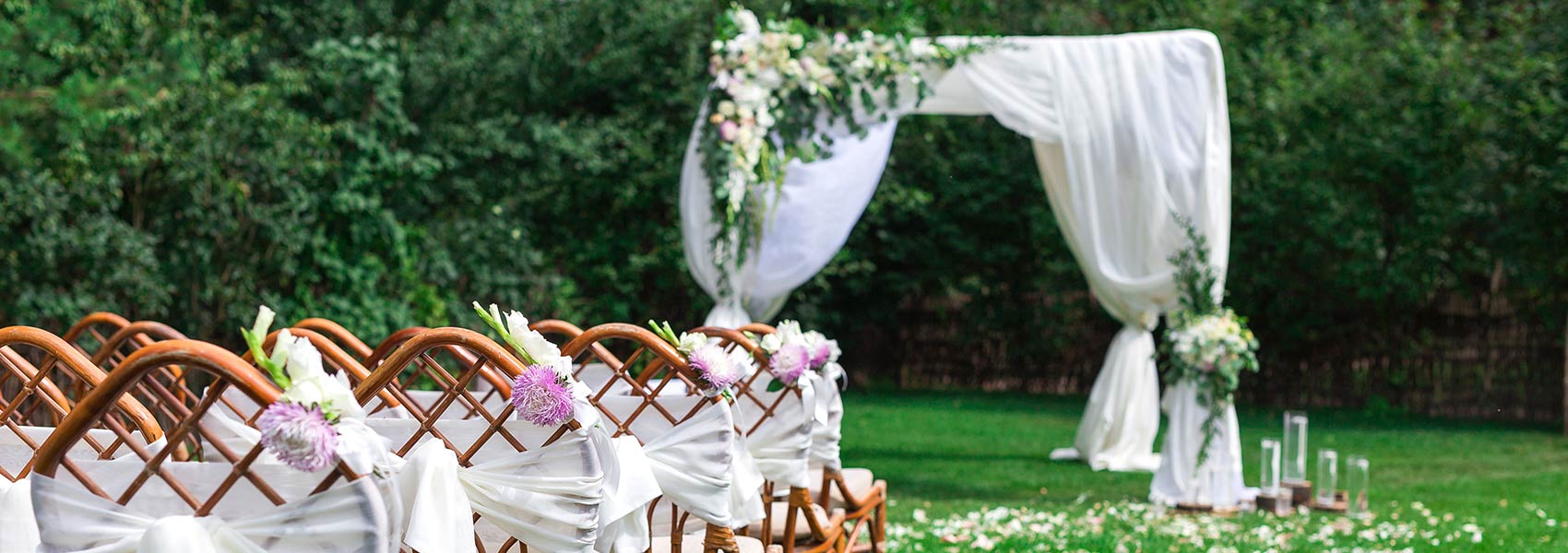
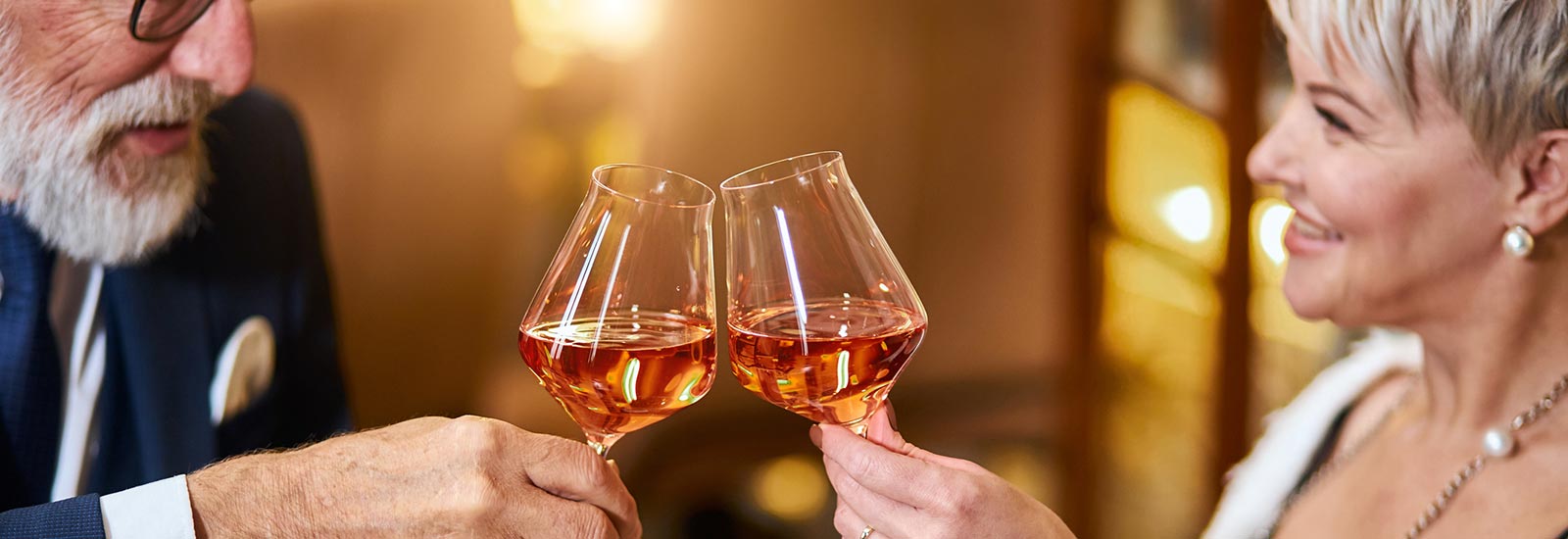
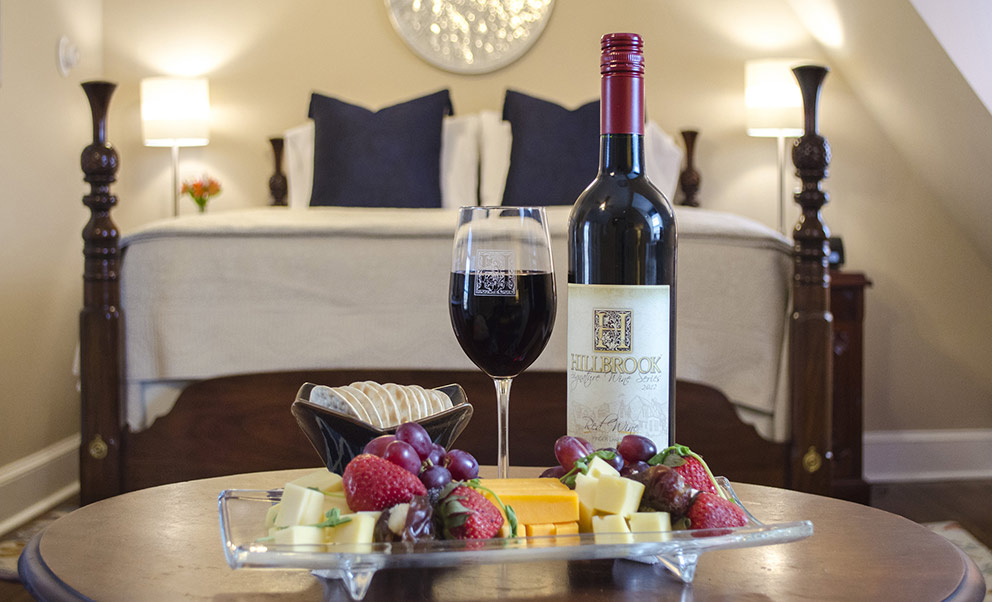

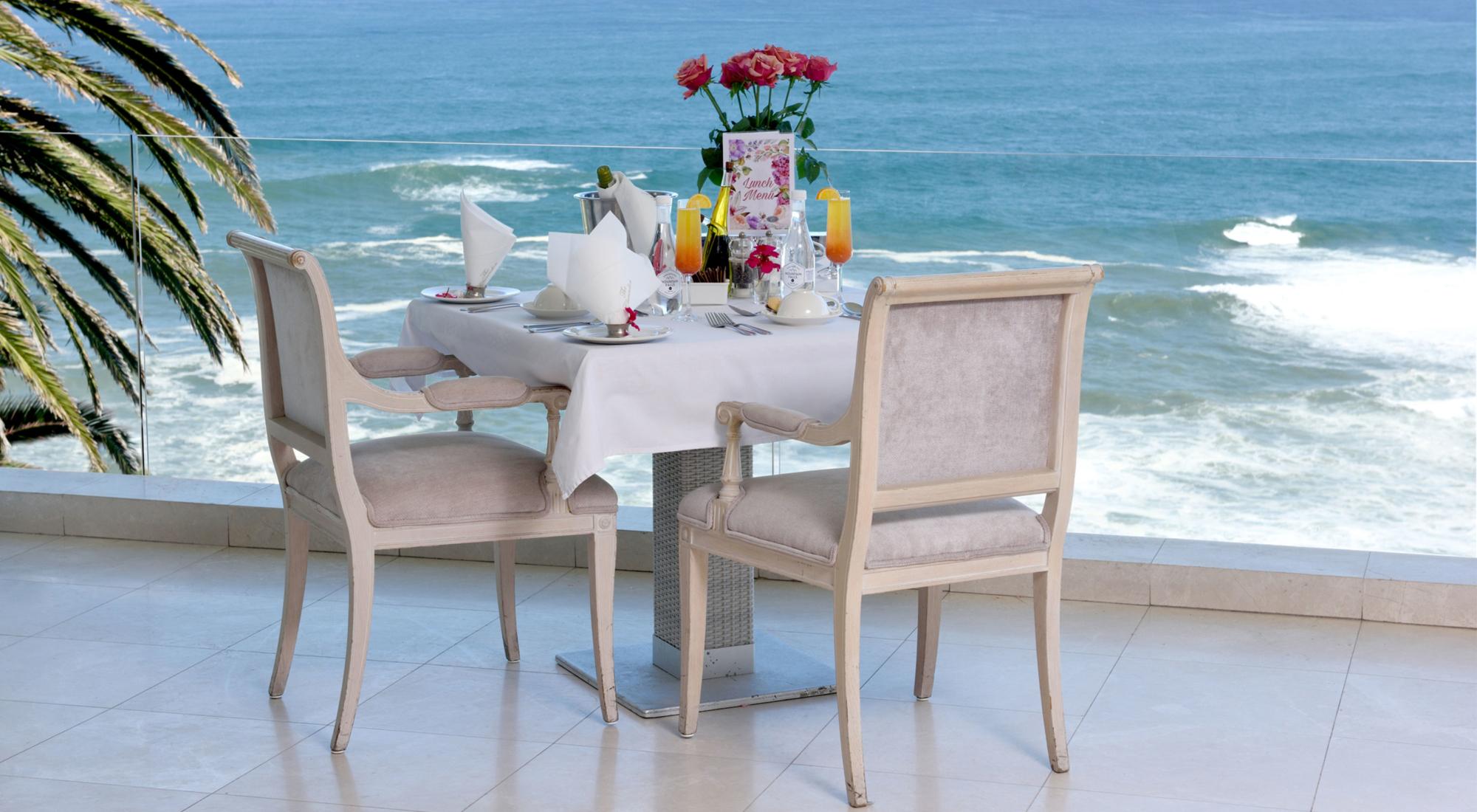


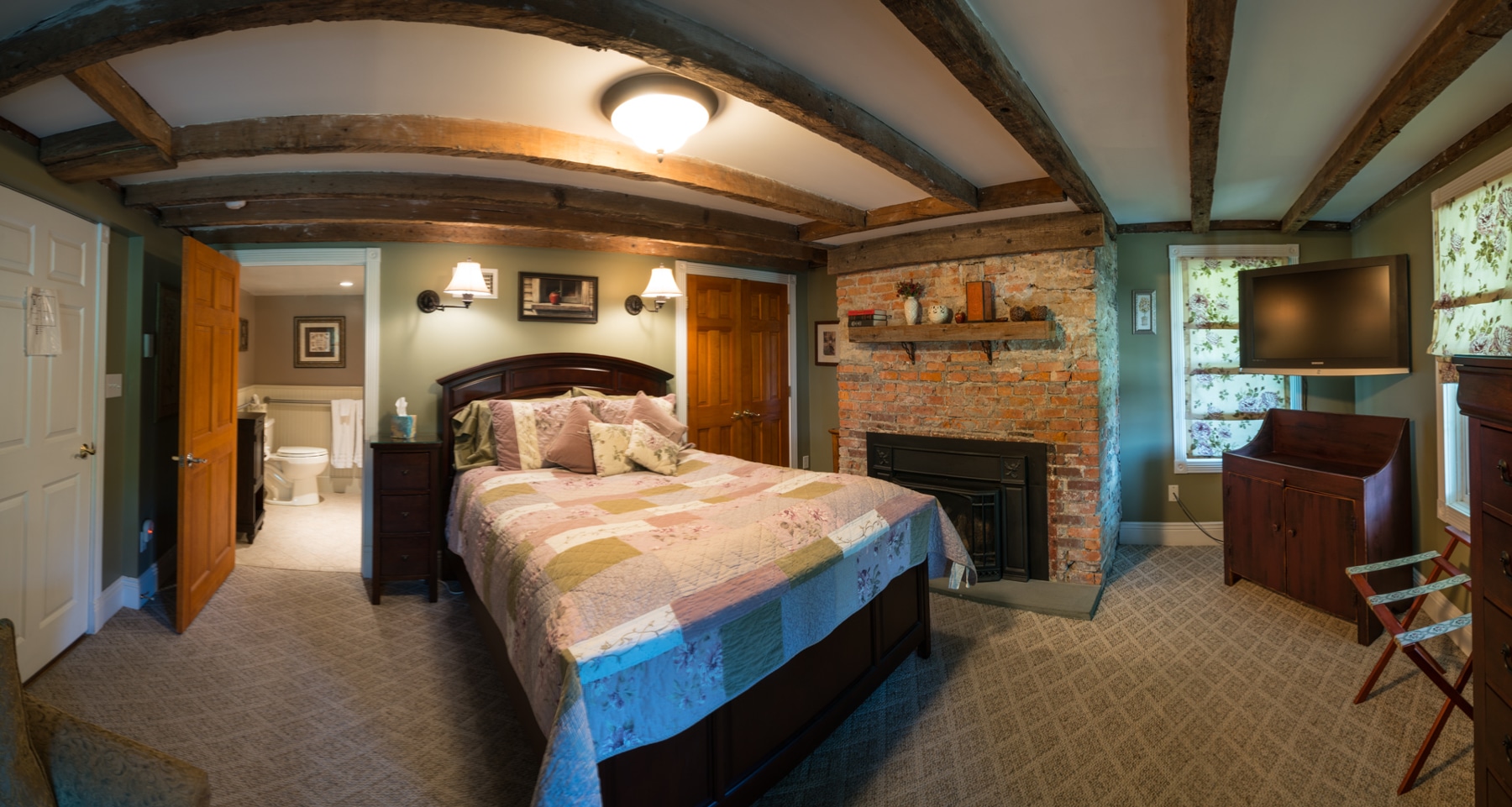
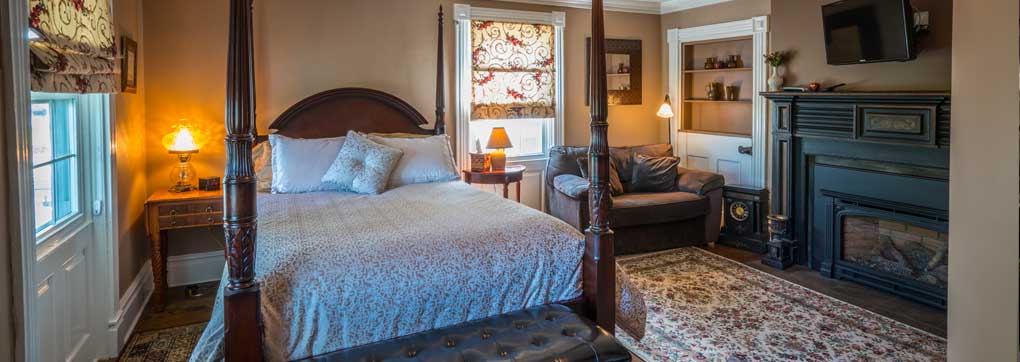
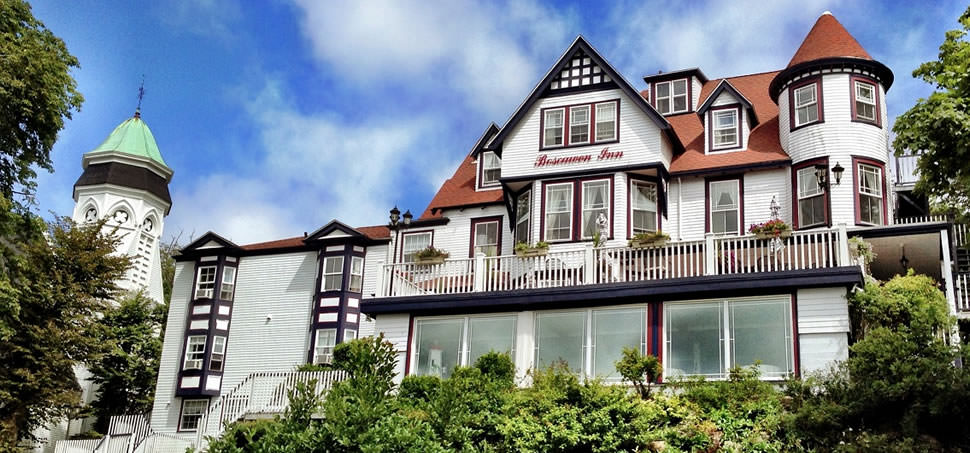
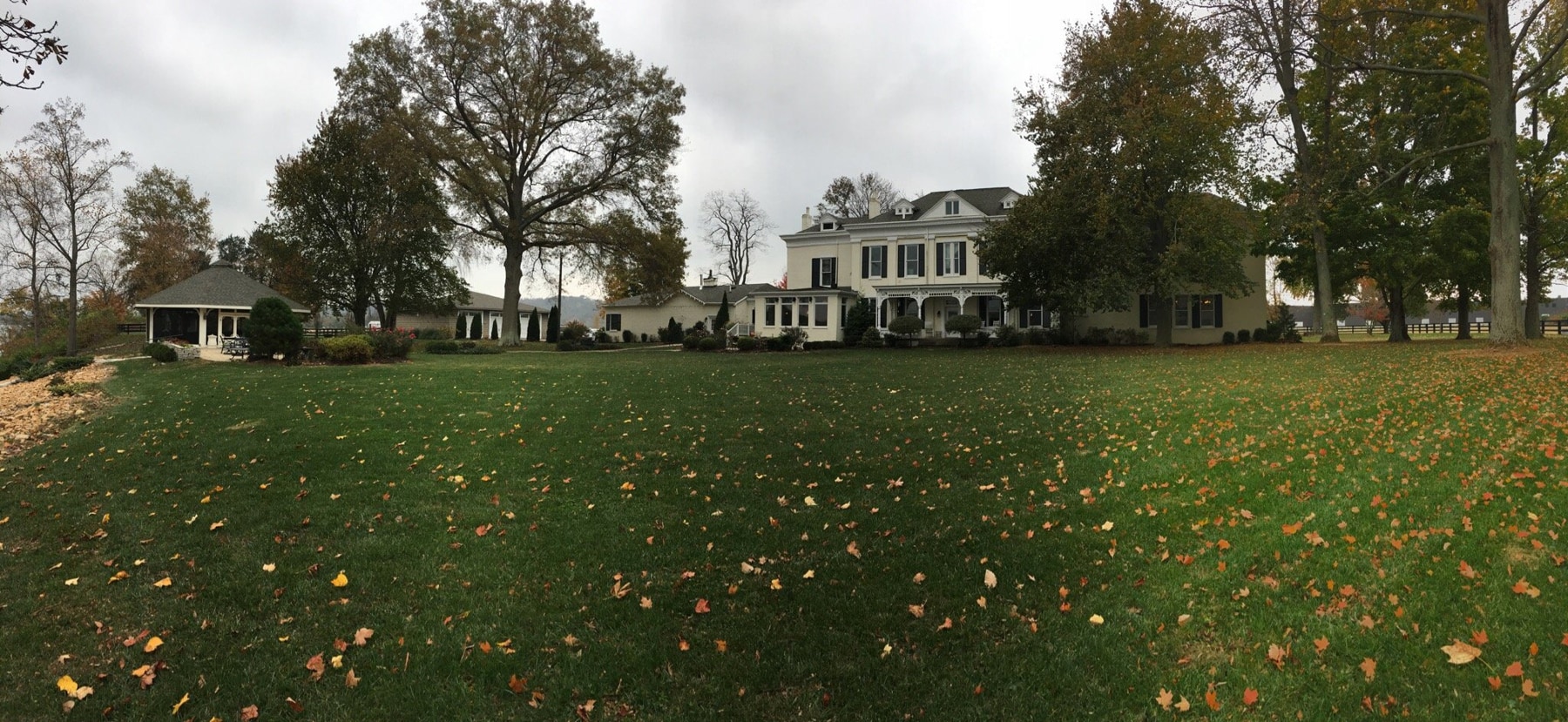

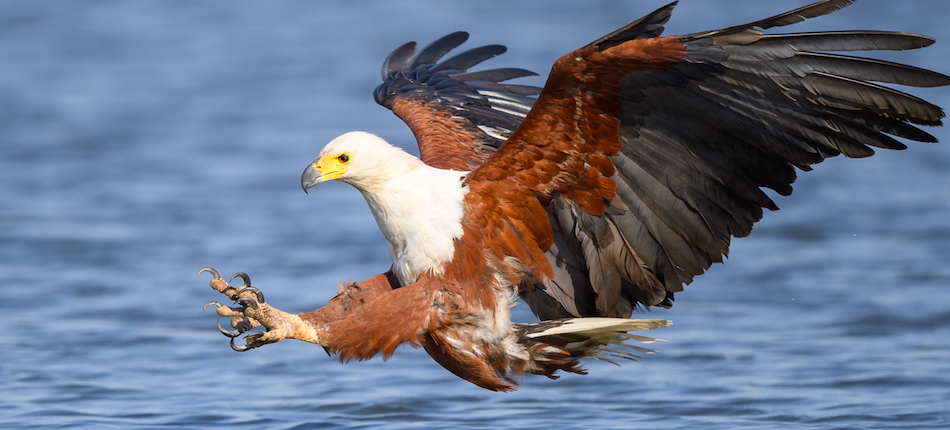
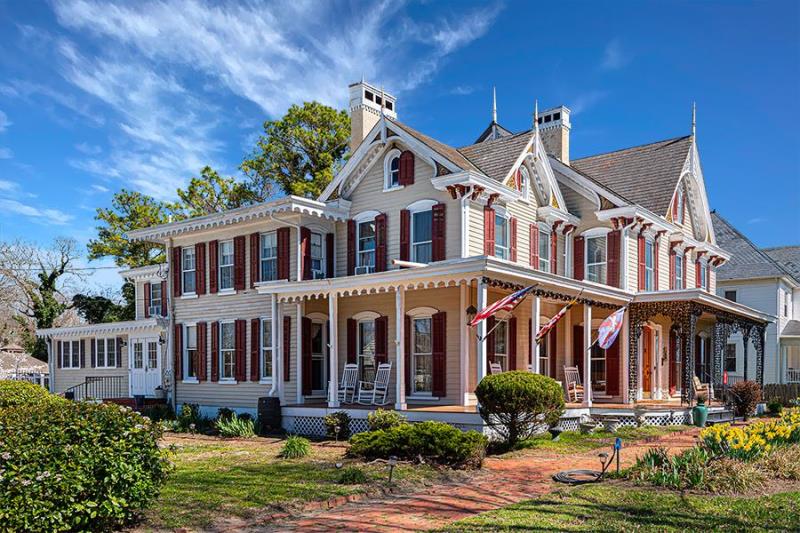
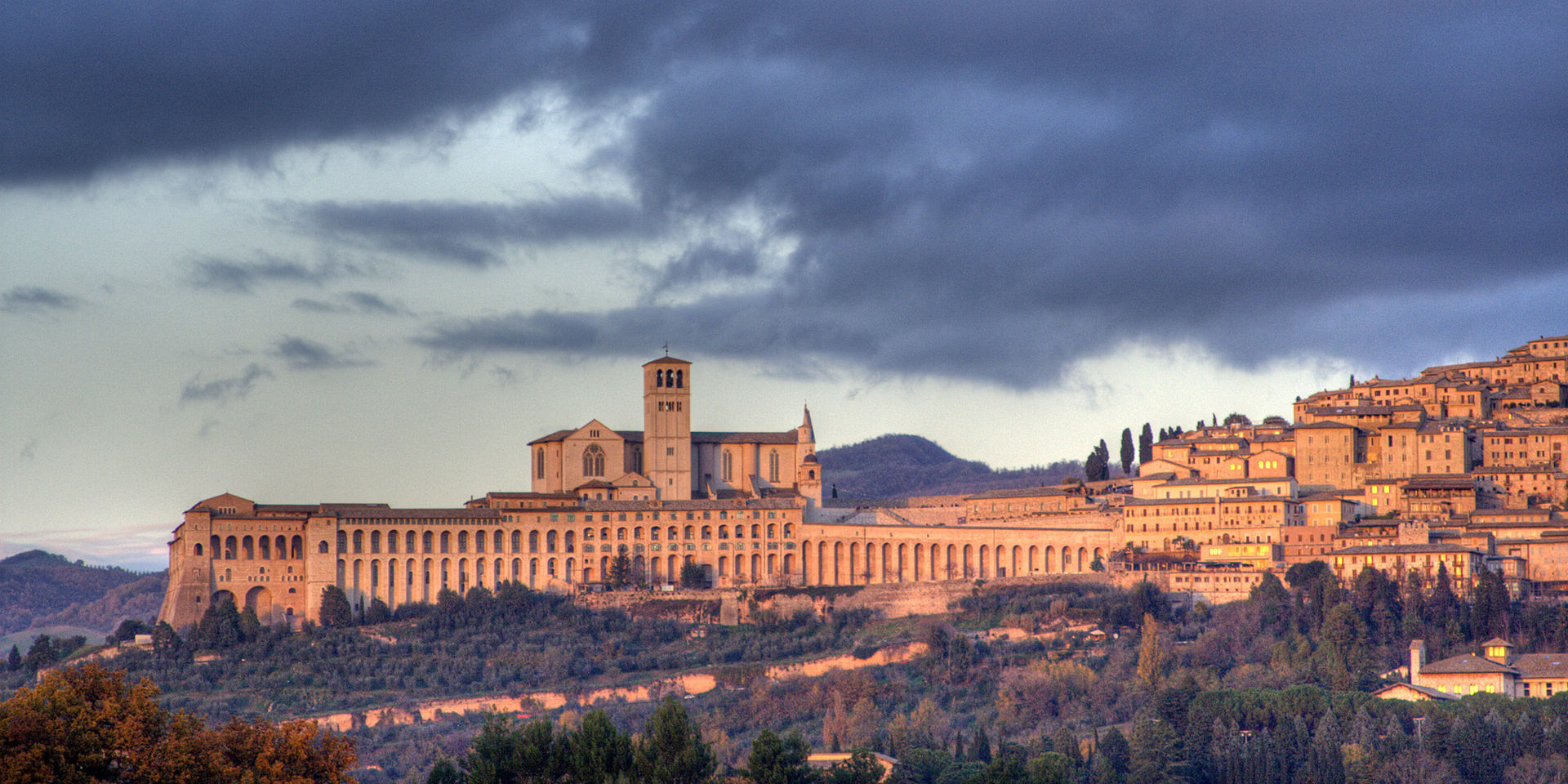
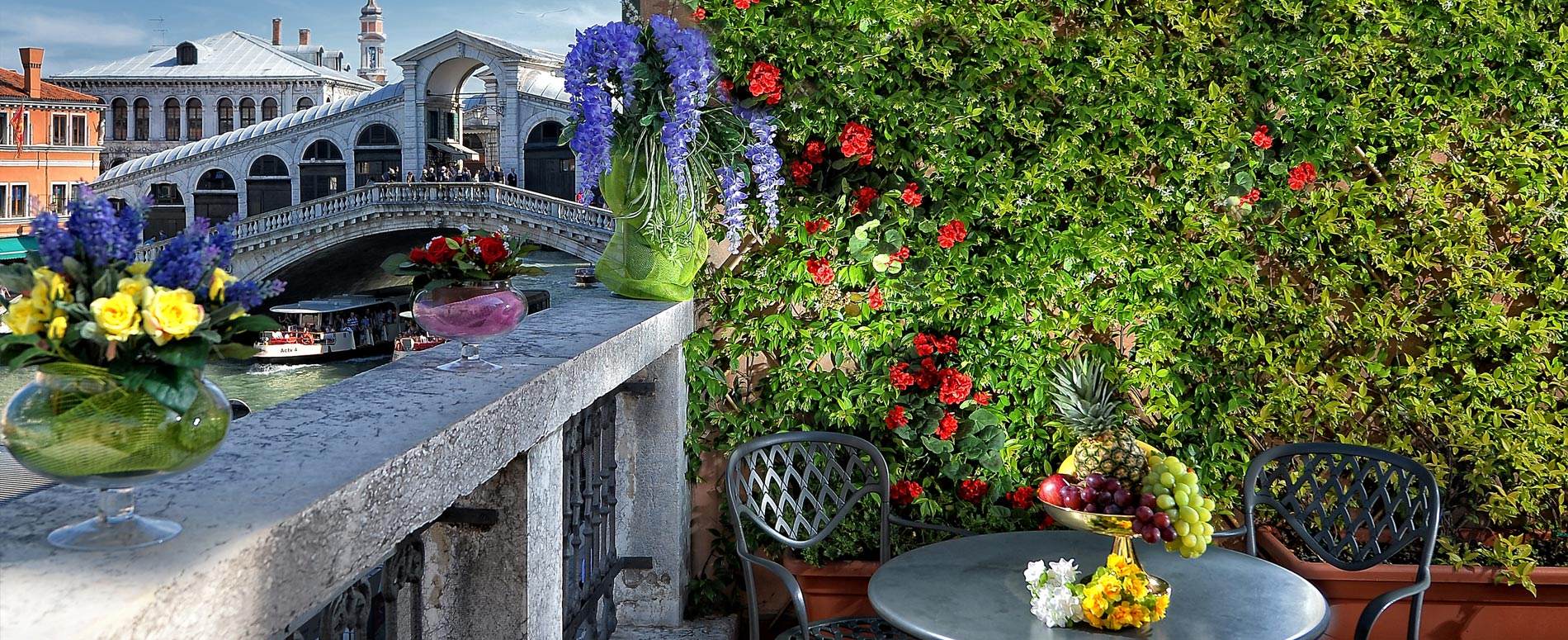
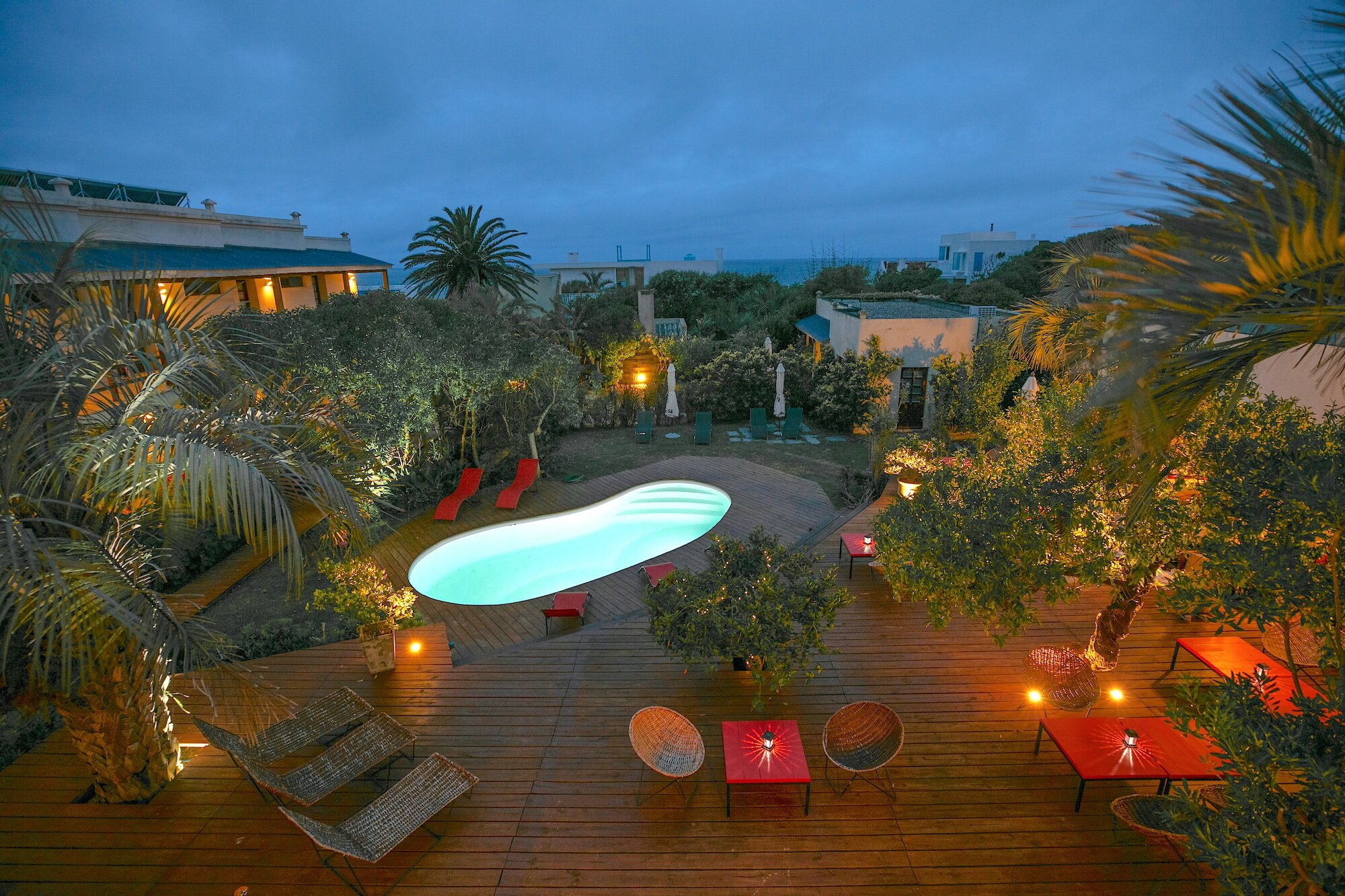
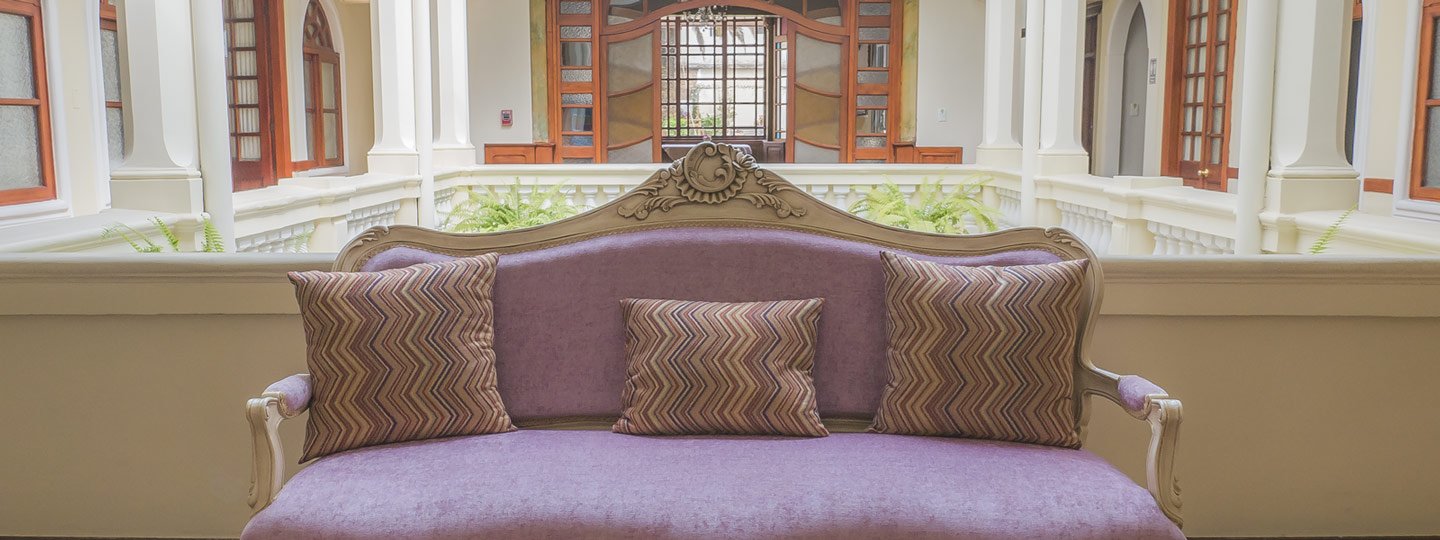
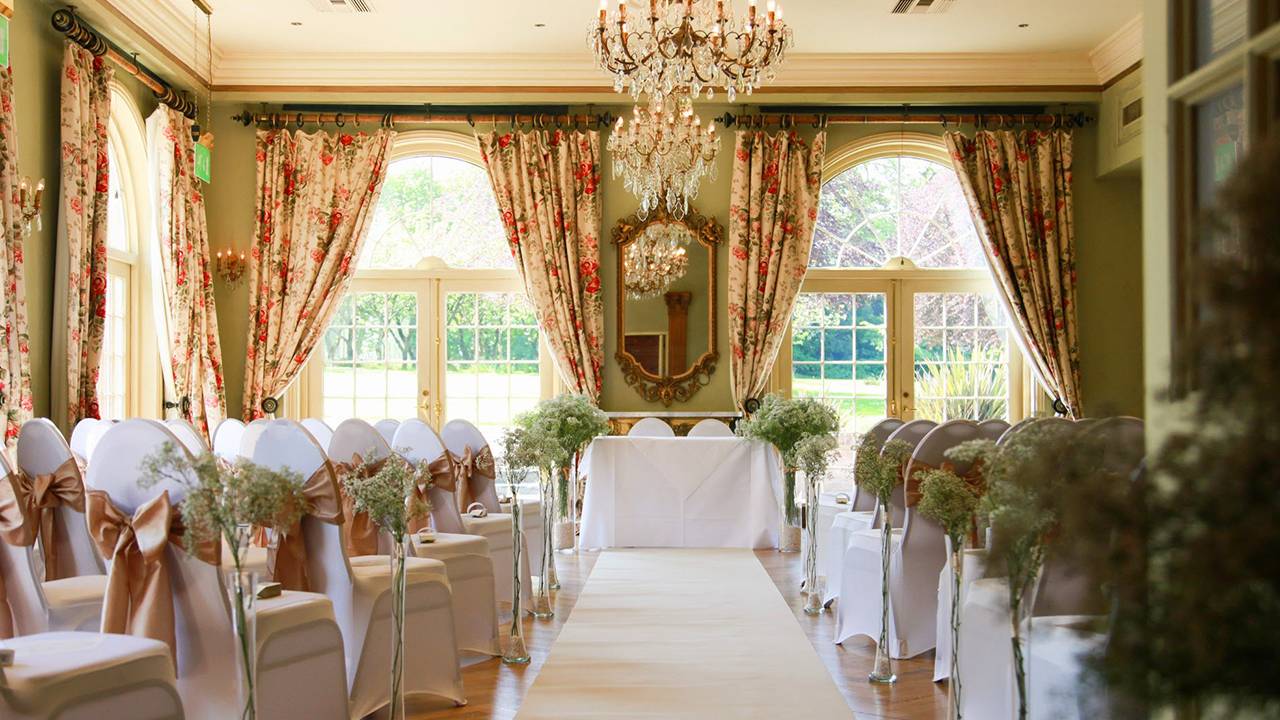
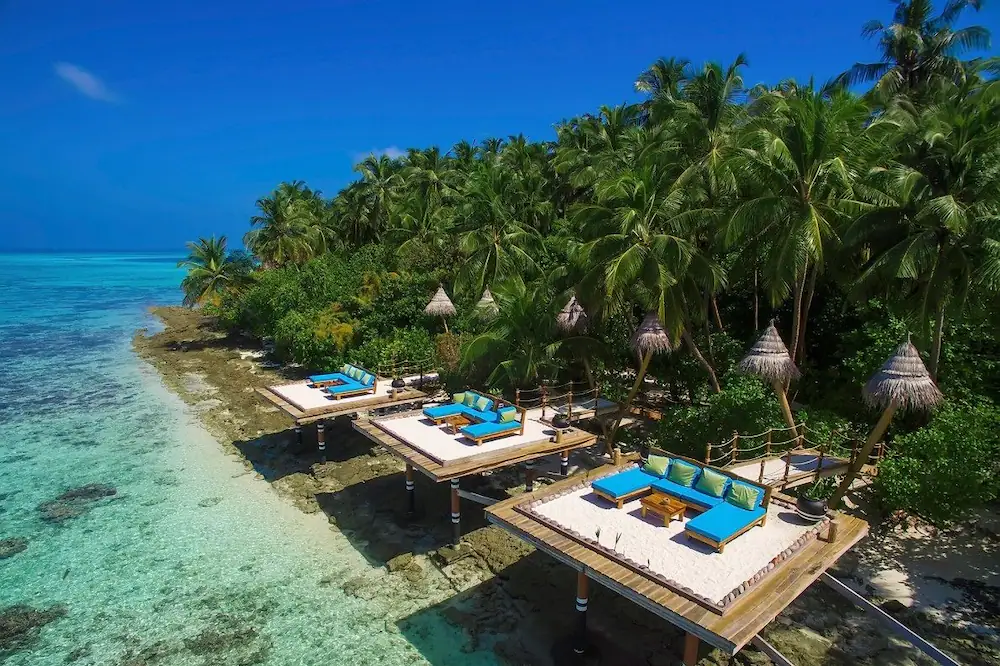
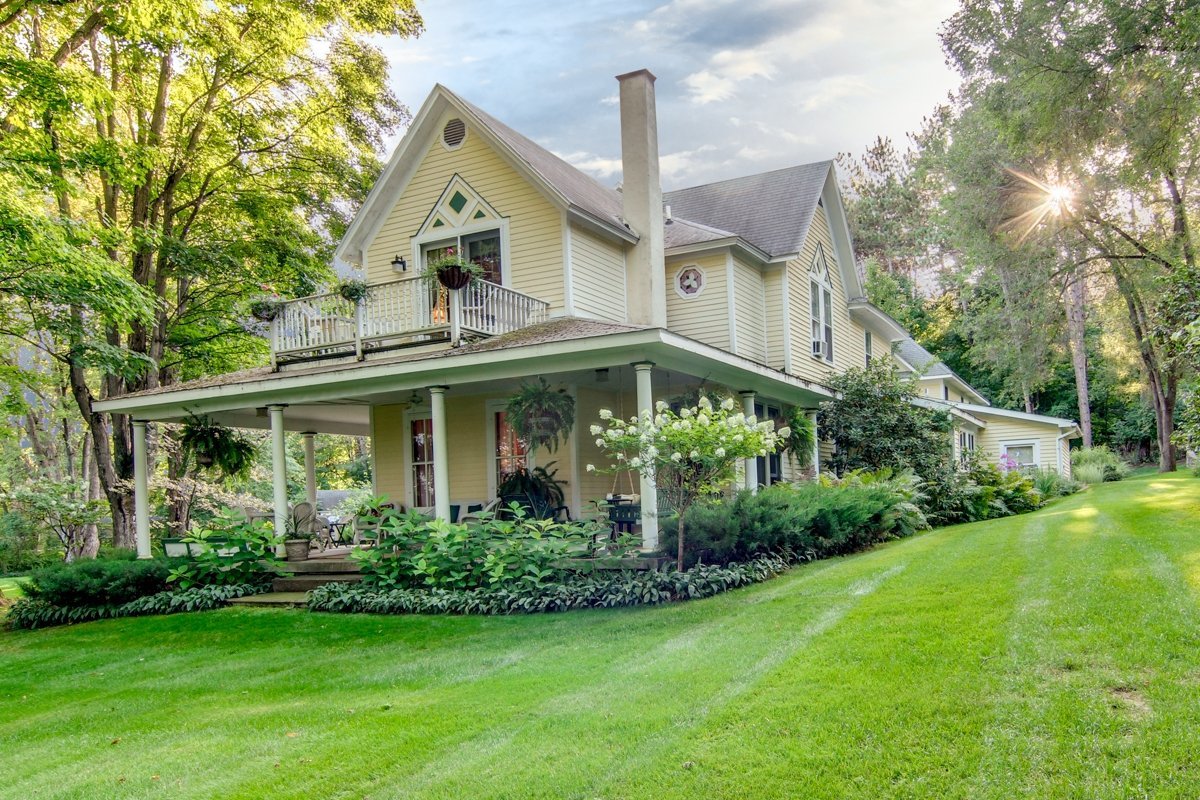
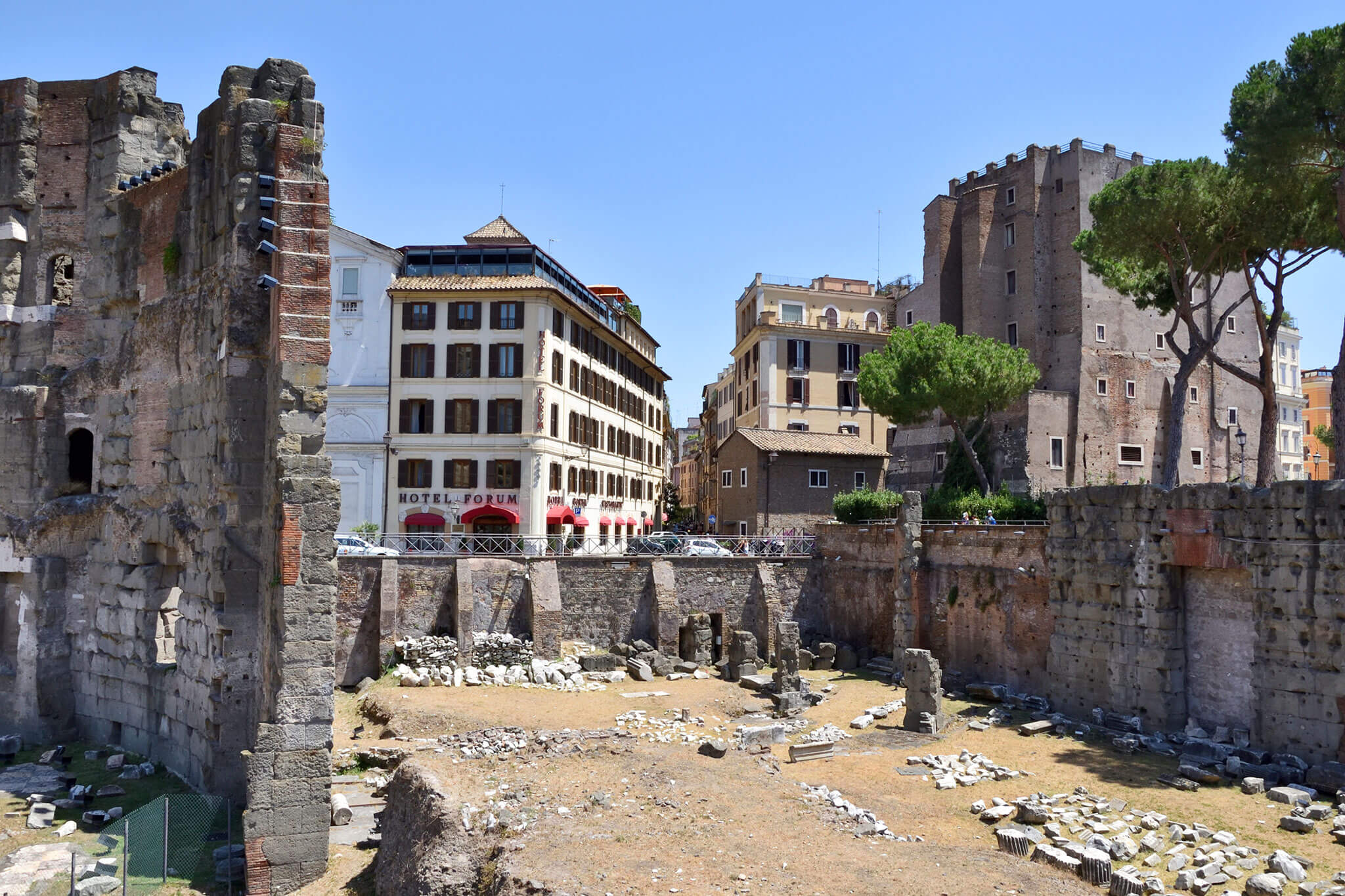
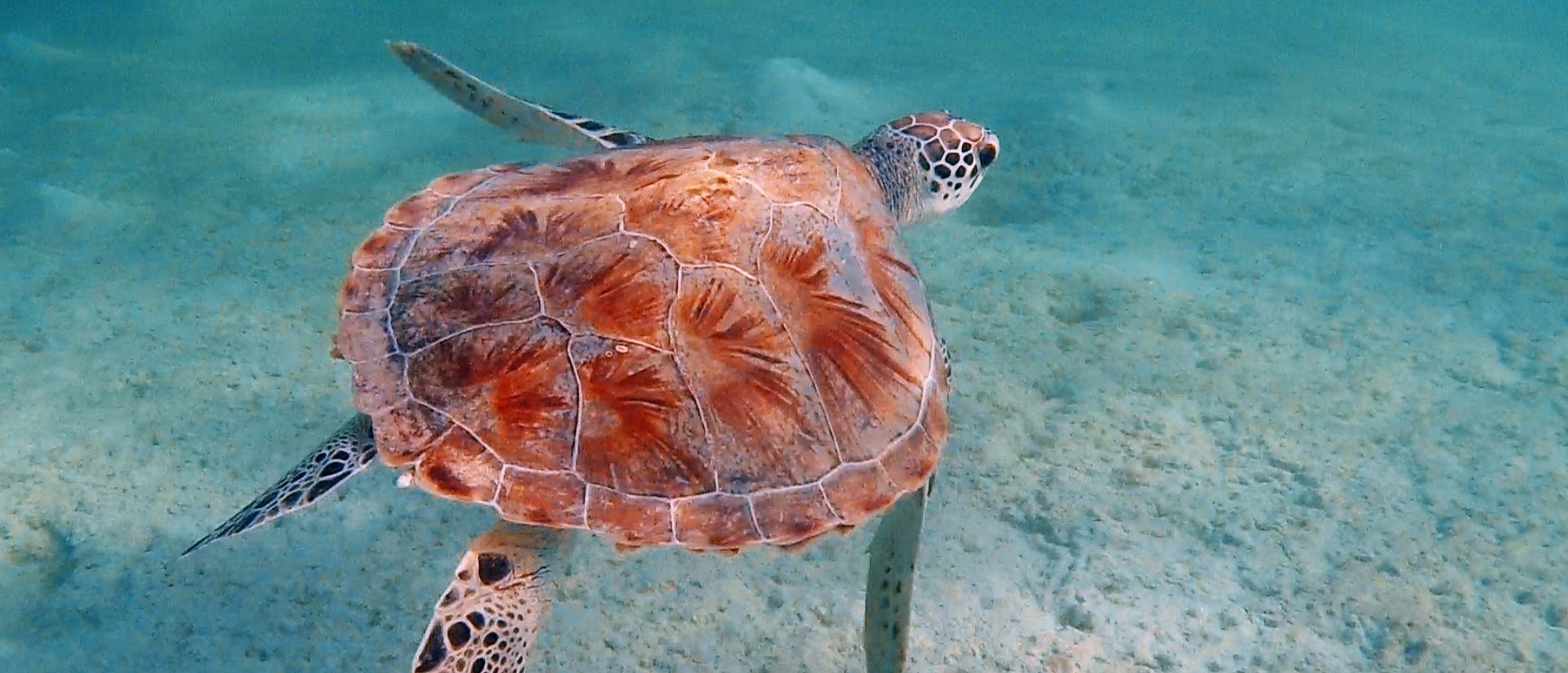
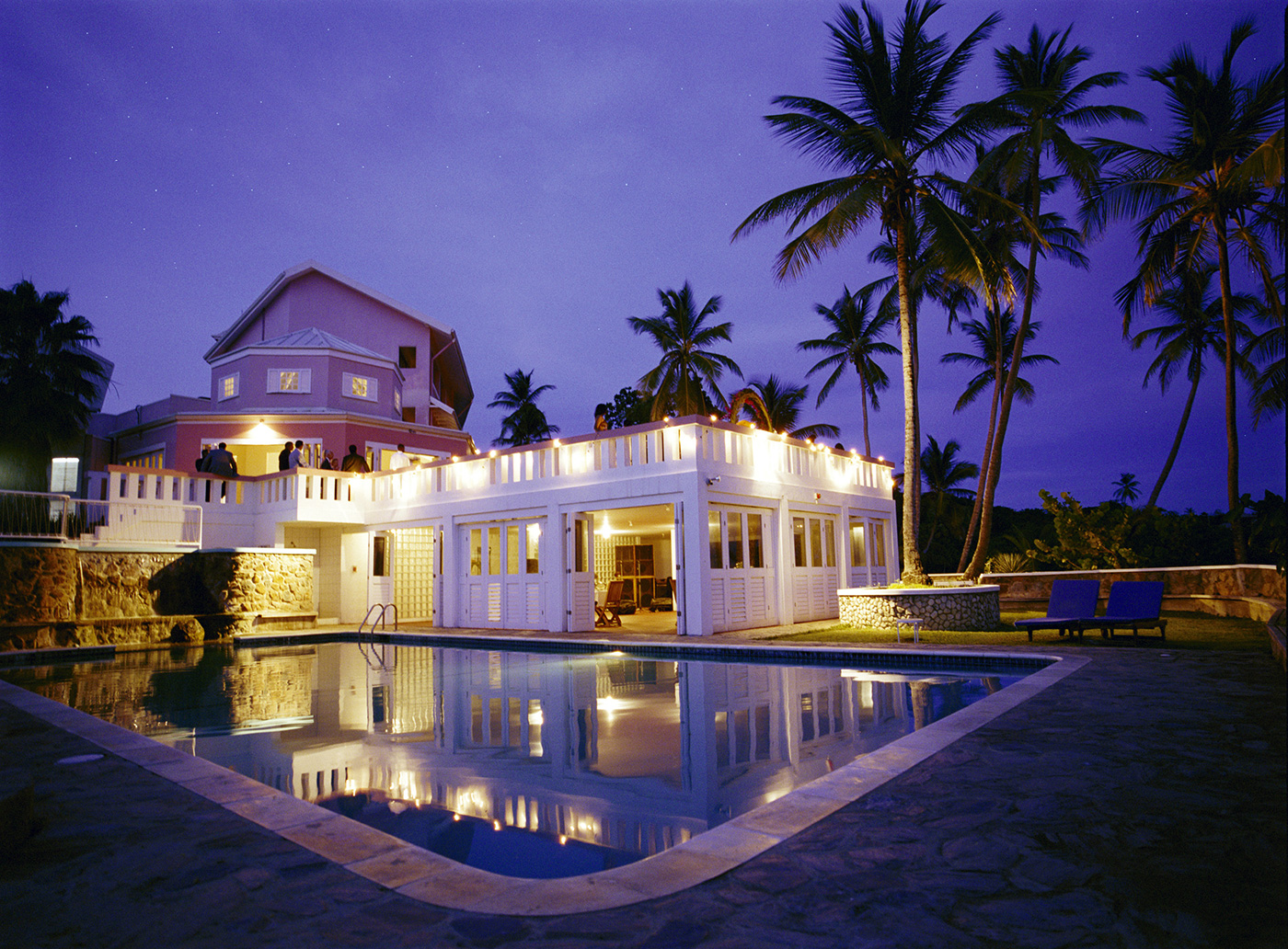
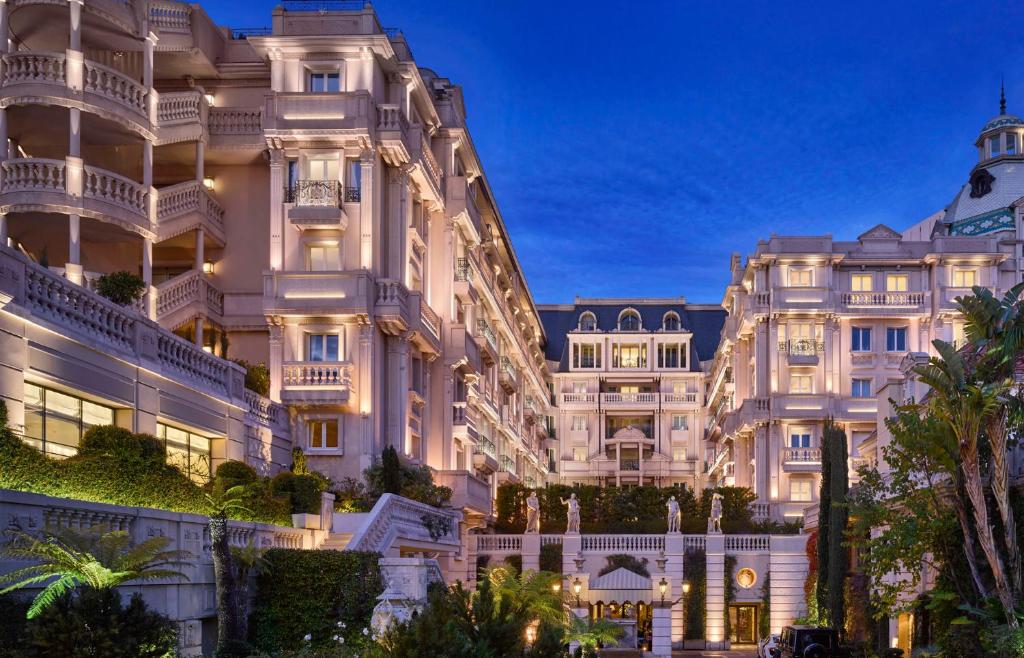
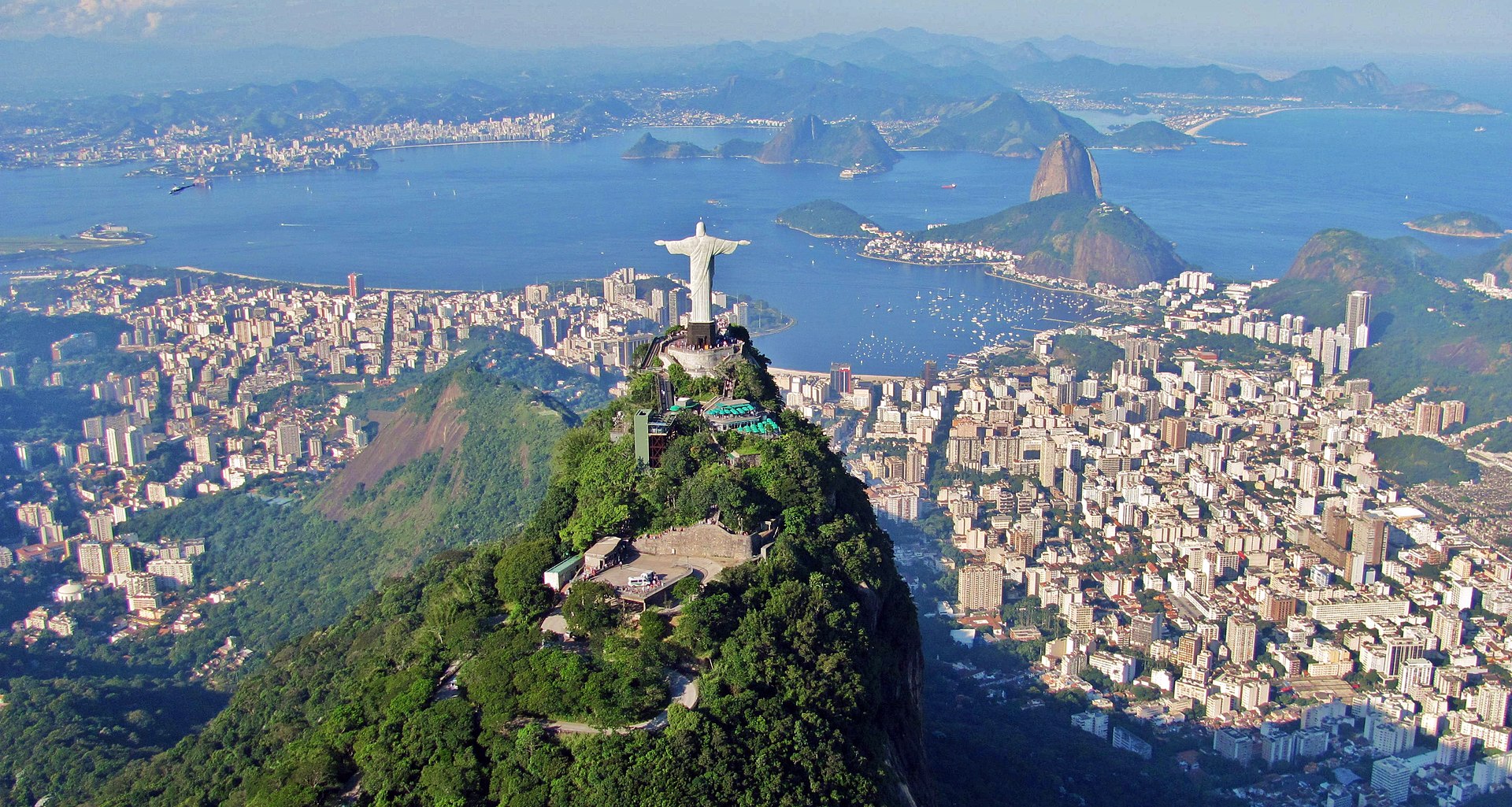
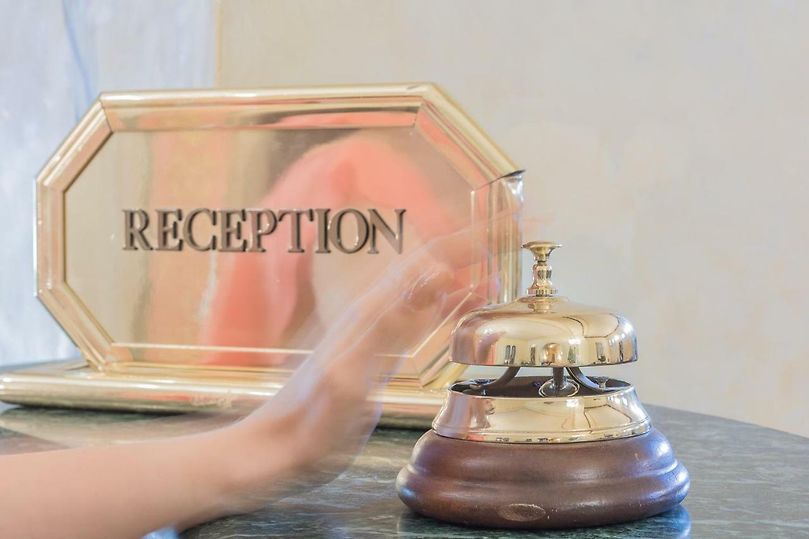
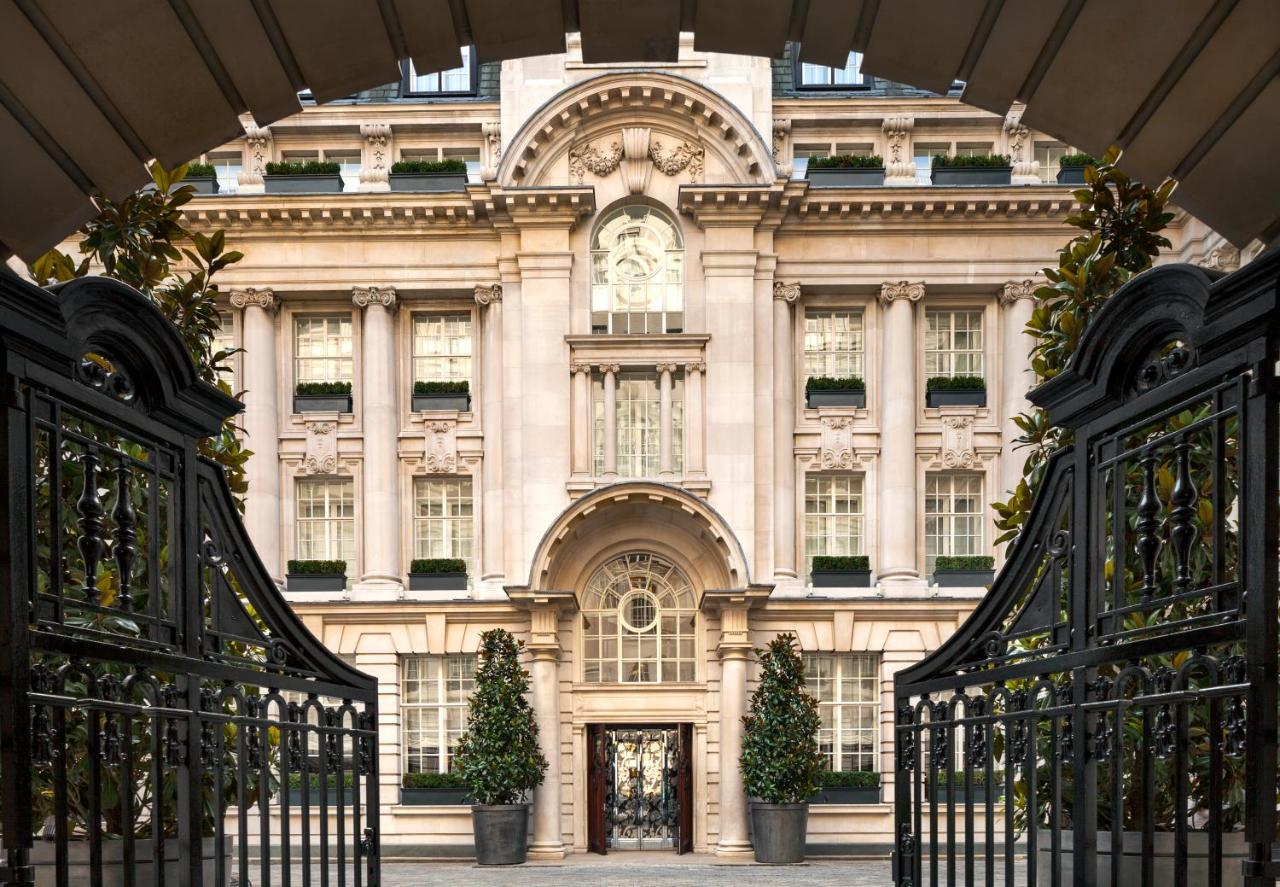
Bayswater, Bloemfontein, Free State, South Africa
Agent: Cliff Jacobs - Managing Principal Estate Agent & CEO (Nat.Dpl.Hotel Man (UJ). M.P.R.E.)
Agent Cellphone: +27 (0) 84 413 1071 / +27 (0) 61 716 6951
Agent Office Number: +27 (0) 84 413 1071
Agent Email Address: cliff@exquisitehotelconsultants.com
Type: Guest House
Bedrooms: 13
Bathrooms: 13
Showers: 13
Parking: 15
Yield: Not Disclosed
TGCSA Rating:

Bloemfontein
Bloemfontein, also known as Bloem, is the capital and the largest city of the Free State province in South Africa. It is often, and has been traditionally referred to, as the country's "judicial capital", alongside the legislative capital Cape Town and administrative capital Pretoria, although the highest court in South Africa, the Constitutional Court, has been in Johannesburg since 1994.
Situated at an elevation of 1,395 m (4,577 ft) above sea level, the city is home to 256,185 (as of 2011) residents and forms part of the Mangaung Metropolitan Municipality which has a population of 747,431. It was one of the host cities for the 2010 FIFA World Cup.
The city of Bloemfontein hosts the Supreme Court of Appeal, the Franklin Game Reserve, Naval Hill, the Maselspoort Resort and the Sand du Plessis Theatre. The city hosts numerous museums, including the National Women's Monument, the Anglo-Boer War Museum, the National Museum, and the Oliewenhuis Art Museum. Bloemfontein also hosts the first digital planetarium in the southern hemisphere, the Naval Hill Planetarium and Boyden Observatory, an astronomical research observatory.
Bloemfontein is popularly and poetically known as "the city of roses", for its abundance of these flowers and the annual rose festival held there. The city is situated in the middle of the country, hence it is referred to as "Central South Africa". The city's Sesotho name is Mangaung, meaning "place of cheetahs".
History
Early history
Though historically a !Orana and Barolong settlement, and then a Boer settlement, Bloemfontein was officially founded in 1846 as a fort by British Army major Henry Douglas Warden as a British outpost in the Transoranje region, at that stage occupied by various groups of peoples including !Orana (so-called "Korana" of the ǀHõaǁʼaes, ǀHũdiǁʼaes, Einiǁʼaes and others), Cape Colony Trek Boers, Griqua (at that time known as Baasters) and Barolong.
Warden originally chose the site largely because of its proximity to the main route to Winburg, the spacious open country, and the absence of horse sickness. Bloemfontein was the original farm of Johannes Nicolaas Brits born 21 February 1790, owner and first inhabitant of Bloemfontein. Johann – as he was known – sold the farm to Major Warden.
With colonial policy shifts, the region changed into the Orange River Sovereignty (1848–1854) and eventually the Orange Free State Republic (1854–1902). From 1902 to 1910 it served as the capital of the Orange River Colony and since that time as the provincial capital of the Free State. In 1910 it became the Judicial capital of the Union of South Africa. A possible etymology for the city's name is that it is called Bloemfontein lit."Bloem's fountain", after Jan Bloem II, a Griqua leader.
Orange Free State (1854–1902)
The Orange Free State was an independent Boer Republic in southern Africa during the second half of the 19th century. Extending between the Orange and Vaal rivers, its borders were determined by the United Kingdom of Great Britain and Ireland in 1848 when the region was proclaimed as the Orange River Sovereignty, with a seat of a British Resident in Bloemfontein.
As the capital of the Orange Free State Republic the growth and maturing of the republic resulted in the growth of Bloemfontein. The city constructed numerous public buildings that remain in use today, facilitated by the governance of the republic and compensation from the British for the loss of the diamond rich Griqua Land area. The old Orange Free State's presidential residence the Old Presidency is currently a museum and cultural space in the city.
A railway line was built in 1890 connecting Bloemfontein to Cape Town. The railway line provided a centrally located railway station, and proved critical to the British in occupying the city later.
The writer J. R. R. Tolkien was born in the city on 3 January 1892, though his family left Orange Free State (now Free State province, South Africa) following the death of his father, Arthur Tolkien, when Tolkien was three (1895). He recorded that his earliest memories were of "a hot country".
In 1899 the city was the site of the Bloemfontein Conference, which failed to prevent the outbreak of the Second Boer War. The conference was a final attempt to avert a war between Britain and the South African Republic and with its failure the stage was set for war, which broke out on 11 October 1899.
On 13 March 1900, following the Battle of Paardeberg, the British captured the city and built a concentration camp nearby to house Boer women and children. In 1913, the National Women's Monument was constructed on the outskirts of the city to commemorate all Boer civilians which died in concentration camps during the war.
The hill in town was named Naval Hill after the naval guns brought in by the British in order to fortify the position against attack.
Unionisation of South Africa (1910s)
On 31 May 1910, exactly eight years after the Boers signed the Peace Treaty of Vereeniging that ended the Anglo-Boer War between the British Empire and two Boer states, the South African Republic (Republic of Transvaal) and the Orange Free State, South Africa became a Union.
Due to disagreements over where the Union's capital should be, a compromise was reached that allowed Bloemfontein to host Appellate Division and become the Union's judicial capital. Bloemfontein was also given financial compensation.
On 8 January 1912, the South African Native National Congress (SANNC) was founded in Bloemfontein. The Union of South Africa had not granted rights to black South Africans, causing the organisation's creation. Its primary aim was to fight for the rights of black South Africans. During the implementation of pass laws, the city saw major demonstrations that forced South African authorities to exempt women from them for nearly four decades.
From 1 to 9 January 1914, James Barry Munnik Hertzog and his supporters met in Bloemfontein to form the National Party of the Orange Free State, and to lay down its principles, following Hertzog's exit from the South African Party in 1913. The National Party grew to govern South Africa in 1948 and implement the policy of racial segregation known as apartheid.
Apartheid era (1948–1994)
When the National Party won the 1948 South African national government elections they began implementing the policy known as apartheid. The policy was built on separate development of ethnic groups and racial segregation was implemented. In Bloemfontein, residential segregation had begun in the 19th century with the passing of Ordinance 1 of 1860, which determined that no non-white, without written permission from the landlord (British government), had the right to occupy urban land in towns where local municipalities did not yet exist. On 3 June 1861, the council demarcated three locations in the following areas; the black population was to move to the area which lay to the right of a neighbourhood that was known as Kaffirfontein, Coloureds were to move to the Waaihoek Black residential area on the eastern outskirts of the town. The inhabitants of these settlements had to pay the so-called hut tax as well as tax on grazing rights. This laid the foundation for the implementation of residential urban segregation as envisaged by the architects of apartheid.
When the South African apartheid government passed the Group Areas Act of 1950, the Bloemfontein municipality put into effect changes in the racial set-up of the city. The municipality demolished the Cape Stands residential area which was occupied by the city's coloured population and moved the residents to Heidedal. However, due to Coloureds living in such close proximity with black people, intermarriages across racial lines occurred, resulting in a partial mixed population in Heidedal and Mangaung. In 1952 the Bloemfontein municipality began building new residential areas for the city's black population. New residential areas to separate ethnic groups such as Sotho, Xhosa and Tswana were formed. The residential areas were jointly known as Mangaung. Phahameng, a Sotho township, was the first formal housing projects to be approved by the municipality in 1956. Physical buffers such as the railway line and roads were put into place to separate black ethnic groups, the white and coloured population. 11,000 housing structures, of which approximately 6,000 were government built rental accommodation, were erected in Mangaung between 1952-1968.
In 1968, Mangaung faced serious housing shortages when as many as 3,000 to 6,000 housing units were needed. To counter this problem, a 55 km eastward expansion called Botshabelo was added in 1979. The Bloemfontein municipality channelled off all black urbanisation to Thaba Nchu and Botshabelo, which were developed as a source of cheap labour for the city of Bloemfontein. A subsidised bus service was established, and Botshabelo was declared a decentralisation point, meaning it was designated to become an industrial development point in order to reduce the distance between place of employment and place of residence.
In 1988, an approximate 14,500 people were commuting on a daily basis between Botshabelo and Bloemfontein. This meant that 55% of Botshabelo's work force was employed outside the city. In 1994, after the disestablishment of the apartheid government, Bloemfontein, Botshabelo, and Thaba Nchu became part of Motheo District Municipality. The Motheo District Municipality was disestablished on 18 May 2011 and Mangaung was upgraded to become an autonomous metropolitan municipality with Bloemfontein as the main seat.
Since 1994
Until 1994 the city was the sole judicial capital of South Africa. It remains the seat for the Supreme Court of Appeal (formerly the Appellate Division of the Supreme Court). It is also an administrative centre with many private hospitals and educational institutions.
Government
Free State Provincial Government building Bloemfontein forms part of the Mangaung Metropolitan Municipality, which was upgraded from a Local Municipality in 2011.
The Mangaung Metropolitan Municipality elects a municipal council for five-year periods, through a mixed-member proportional representation (MMP) system in which wards elect individual councillors alongside those named from party lists. Voters get two votes: one for a representative to become a ward councillor and the other for a political party. The latter vote is used to distribute seats in the municipal council amongst parties while the former distributes seats through the individual representatives. The current Executive Mayor of Mangaung, Olly Mlamleli, was elected in August 2016.
Geography and climate
Bloemfontein is located in central South Africa on the southern edge of the Highveld at an elevation of 1,400 metres (4,600 ft), bordering on the semi-arid region of the Karoo. The area is generally flat with occasional hills (koppies in Afrikaans) and the general vegetation is Highveld grassland. Bloemfontein experiences a Cold Semi-arid climate (Köppen BSk), with hot and wet summer days and cooler, dry winters, often with cold frosty nights and morning with mild temperatures in the daytime. Snow is rare but as recently as August 2006 it snowed in the city, with snowfalls occurring again at the airport on 26 July 2007. In addition, the city's highland elevation allows for exceptional temperature diurnal of about 15-20 C.
About us
Need a cozy room for your next visit to Bloemfontein? Our lodge is here to help with all your accommodation needs. We have 13 comfortable en suite rooms to choose from, with each having Hotel package DSTV and free WiFi. Although smoking isn't allowed in the rooms, there are several designated smoking areas. We can also provide meals such as breakfast and dinner for all our weary travelers, just make sure to book these prior to arrival.
In summer our guests are welcome to relax at the Lapa, play a game of pool in the bar, or have a refreshing swim. The Free State is also notorious for cold Winter nights, so we have made provision for electric blankets and air conditioning units in all our rooms.
Barbeque/Braai facilities are available at our lapa. If pre-arranged prior to your arrival, we will assist and provide a barbeque for you and your colleagues to make your stay more enjoyable. (Minimum 10 people). We can also host small functions of up to 20 people, and have various options for pricing to suit your budget.
Our business may be small, but we will make sure to treat you like family.
Our rooms
Eight bedrooms with double beds, and 3 standard twin rooms with 2 single beds each. Furthermore, there is one very spacious twin room with a double sleeper couch and equipped kitchenette. The adjacent en-suite twin room can be incorporated to form a complete 2 bedroom self-catering family unit. (Twin beds can be made into king size beds). Both these two rooms have sliding doors into the garden. Some of the other rooms also have direct access to the garden or balcony. All rooms come equipped with white percale linen, tea/coffee station, air-conditioning, a mini bar fridge, hair dryer, Wi-Fi (free/uncapped), electric blankets and hotel packages DSTV.
Room amenities
Facilities
























































Cliff Jacobs (Nat Dpl Hotel Man (UJ). MPRE. GA Level 5 TEFL) Managing Principal / CEO Exquisite Hotel Consultants (Pty) Ltd Mobile: +27 (0) 84 413 1071 / +27 (0) 61 716 6951 Email: cliff@exquisitehotelconsultants.com Web: https://www.exquisitehotelconsultants.com © All rights reserved Terms and Conditions apply Scroll down to view our Hospitality Properties and Businesses for sale or lease or lease-to-buy or partnership arrangement or management agreement arrangement.